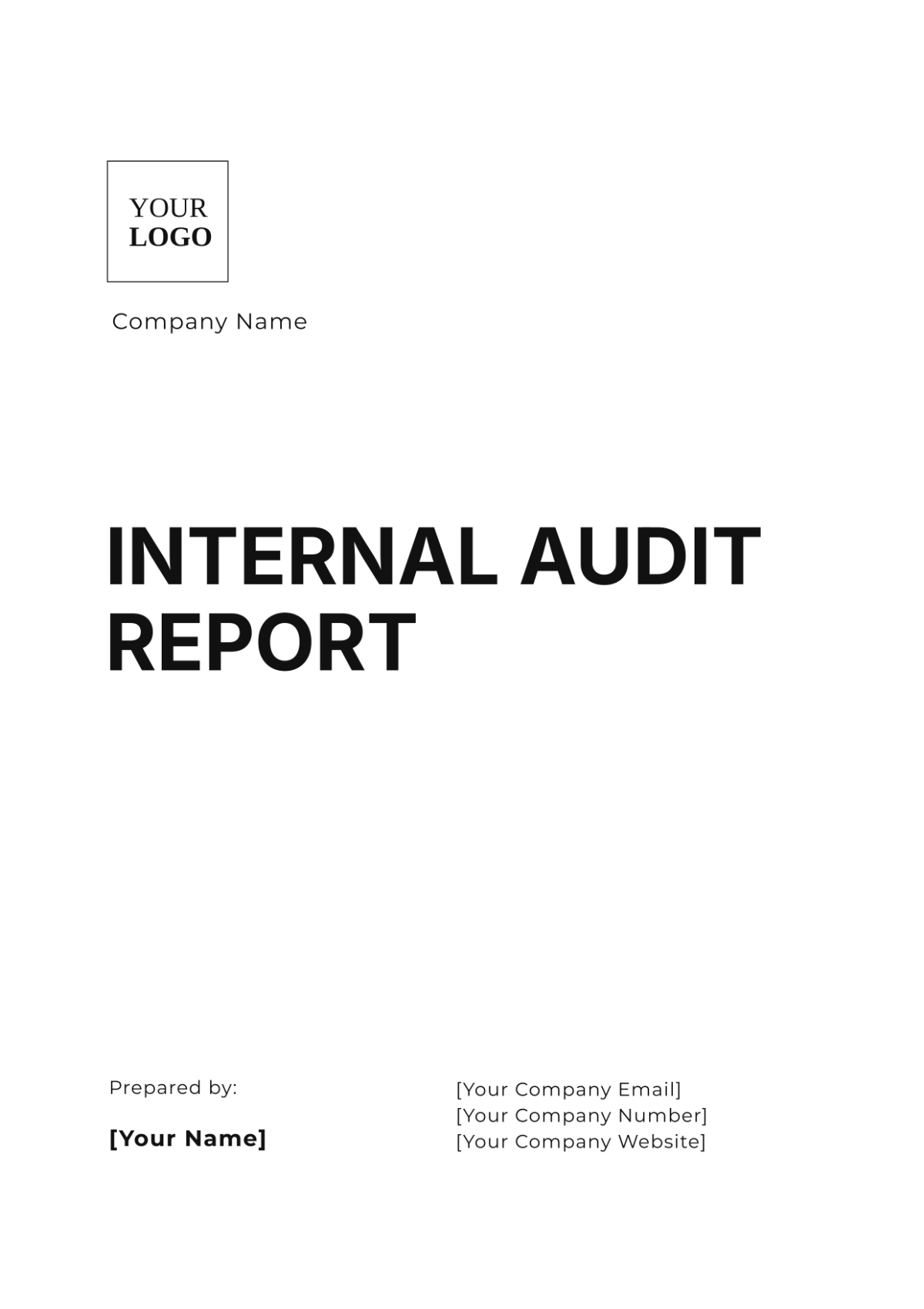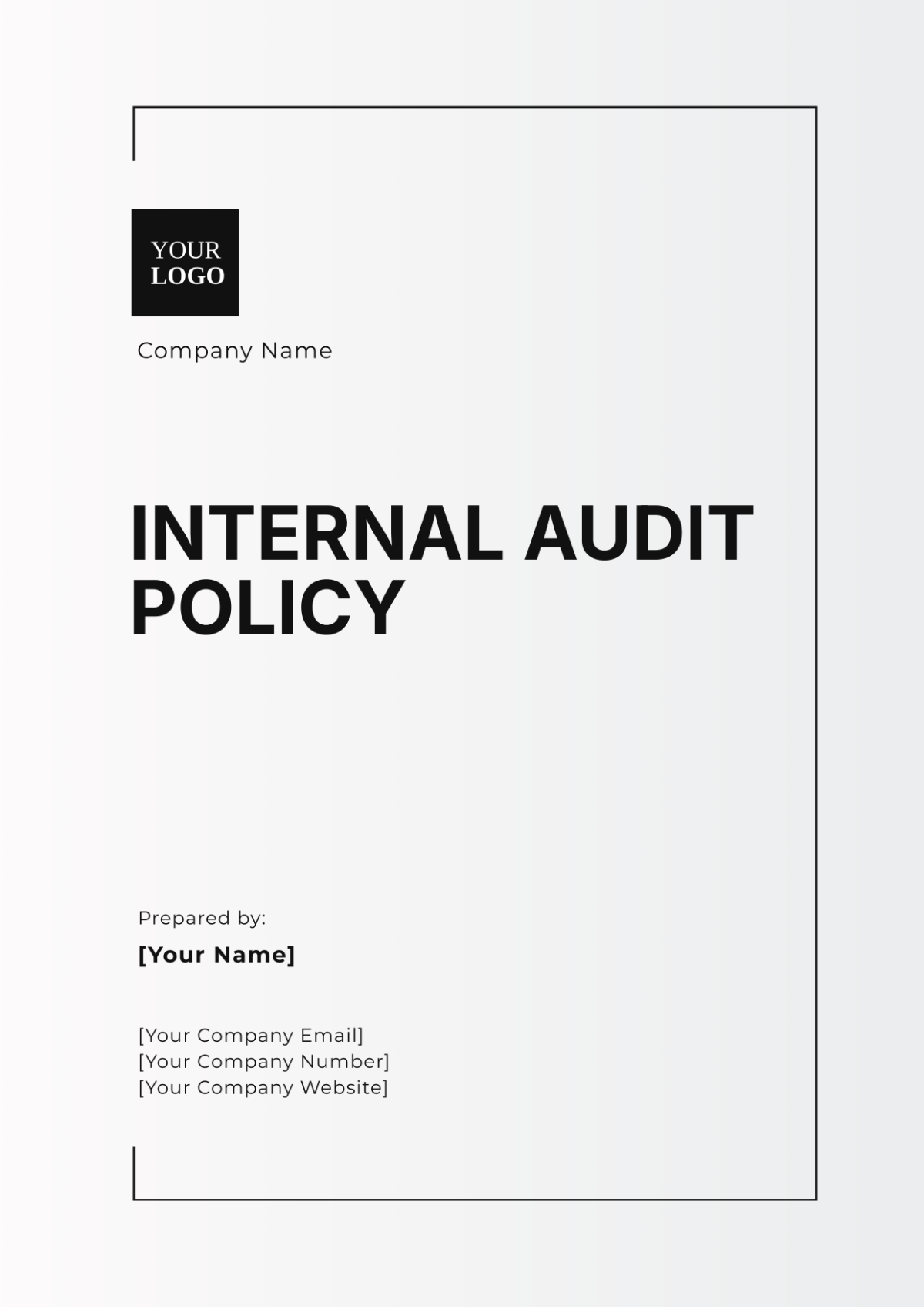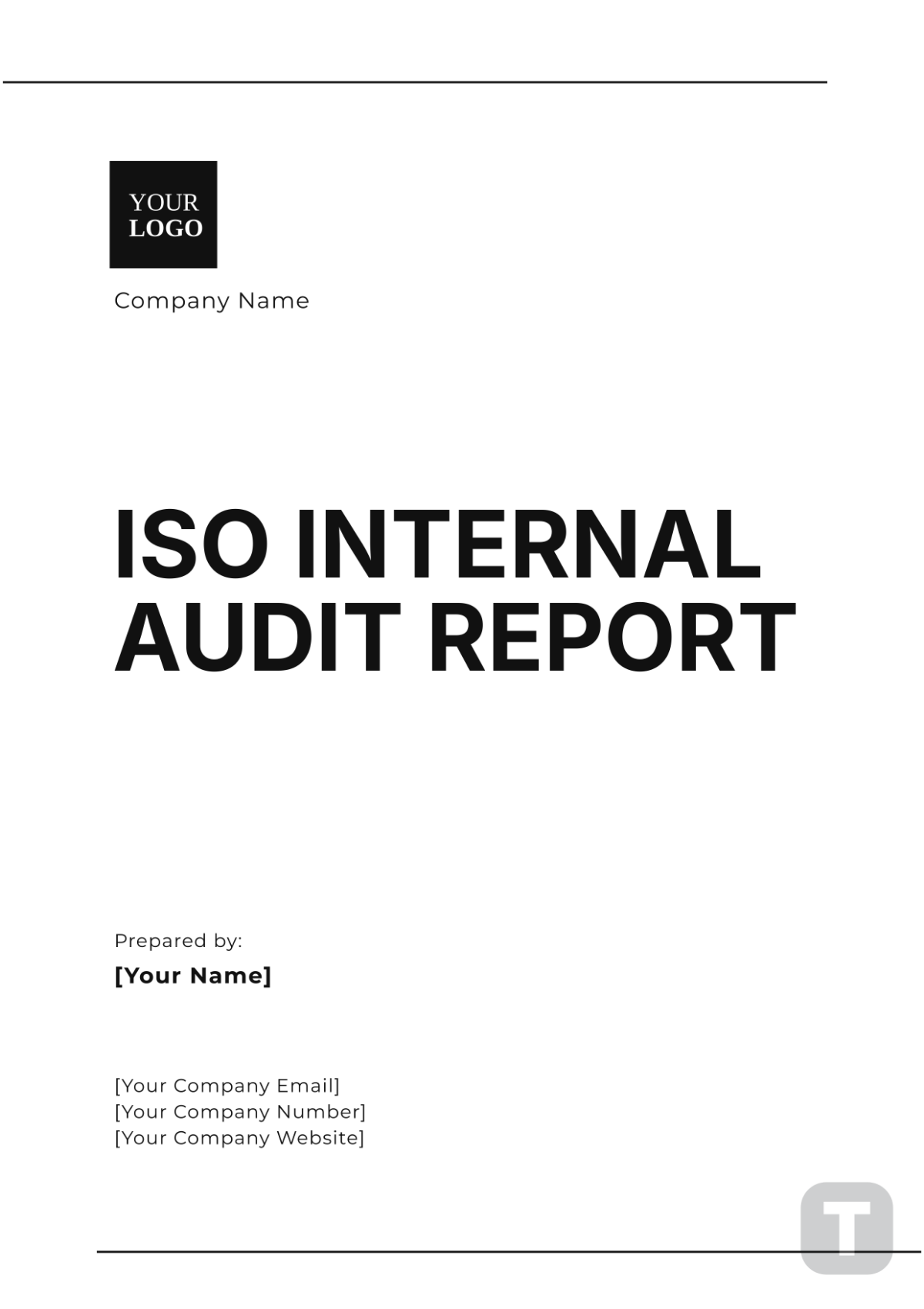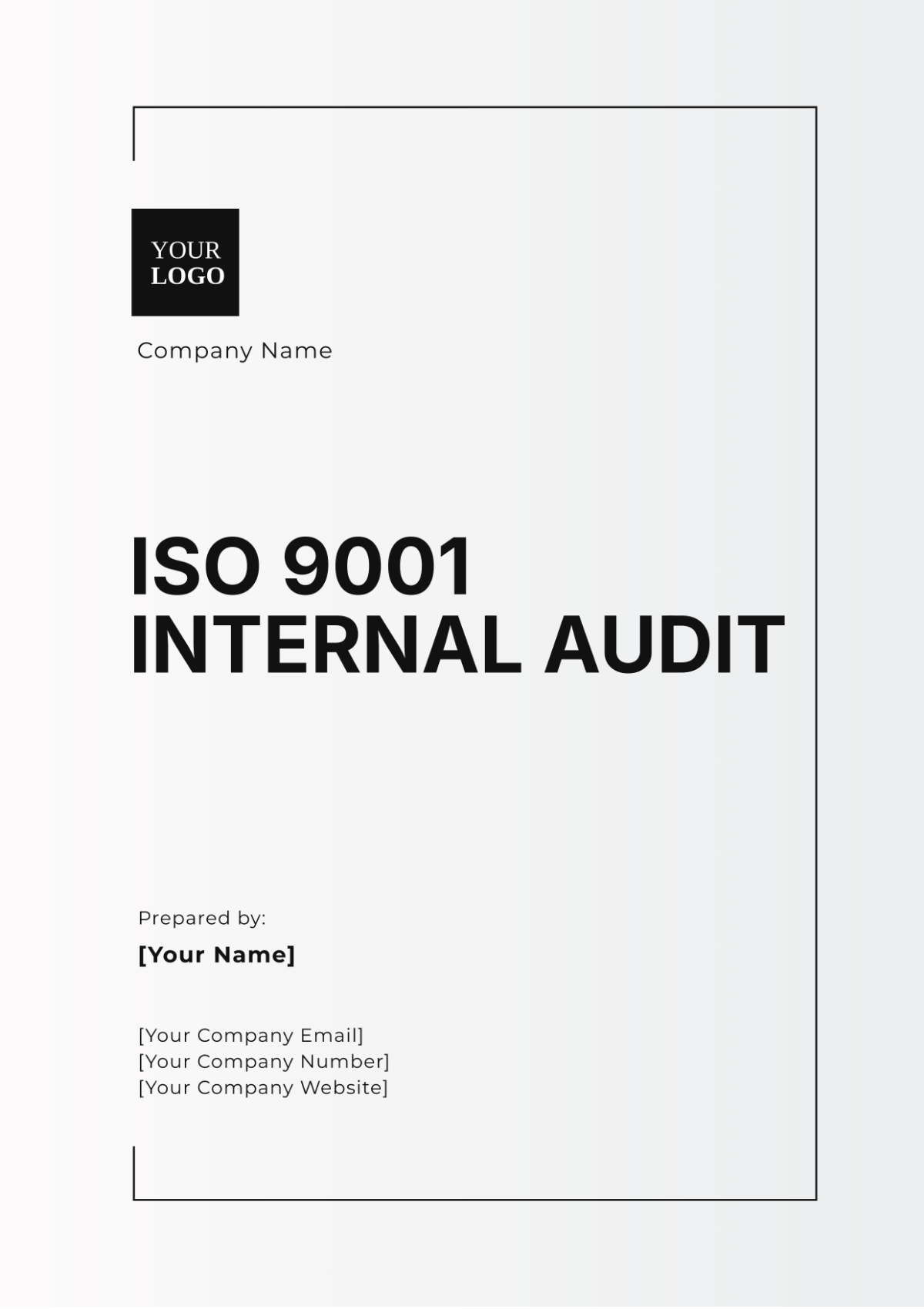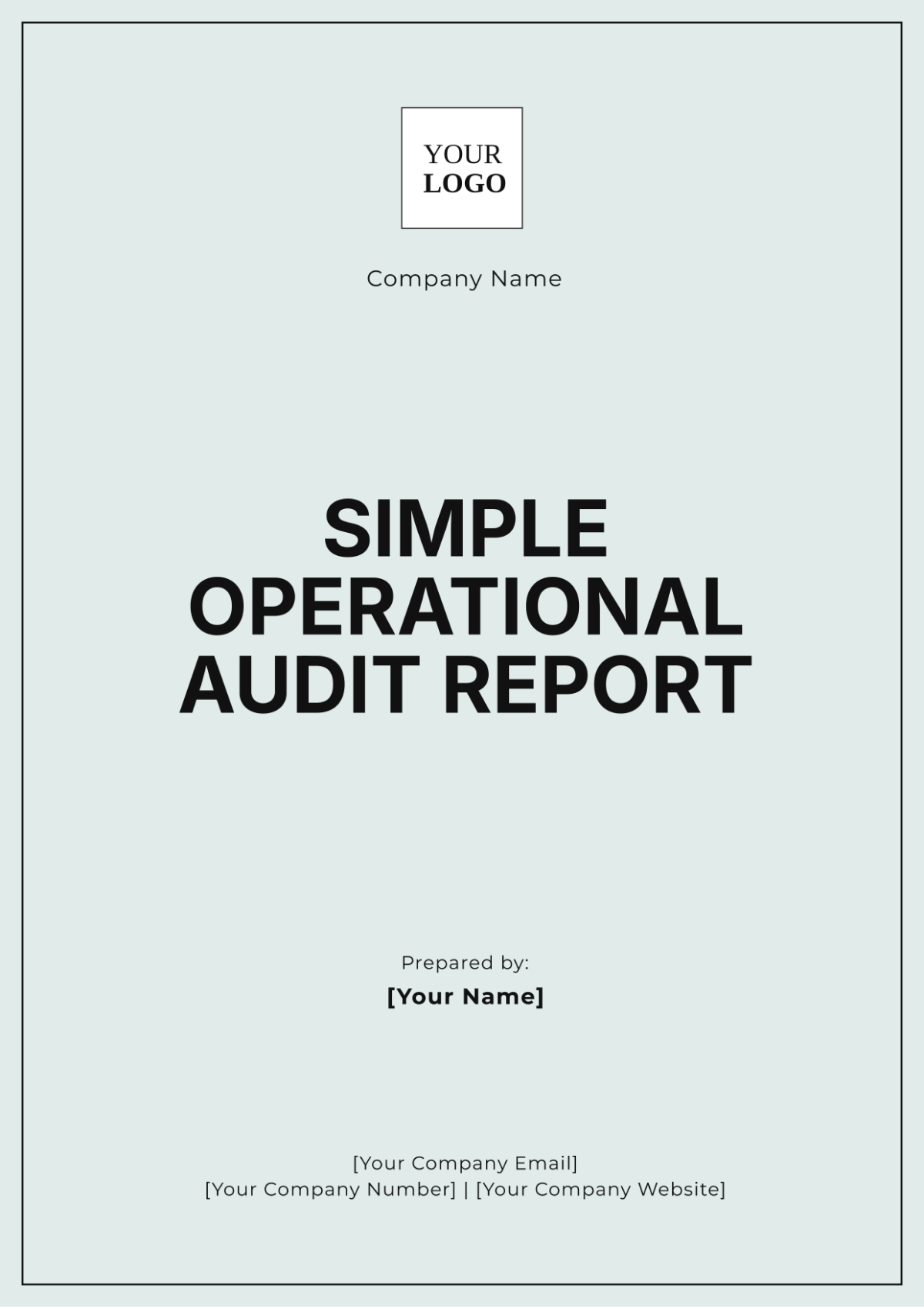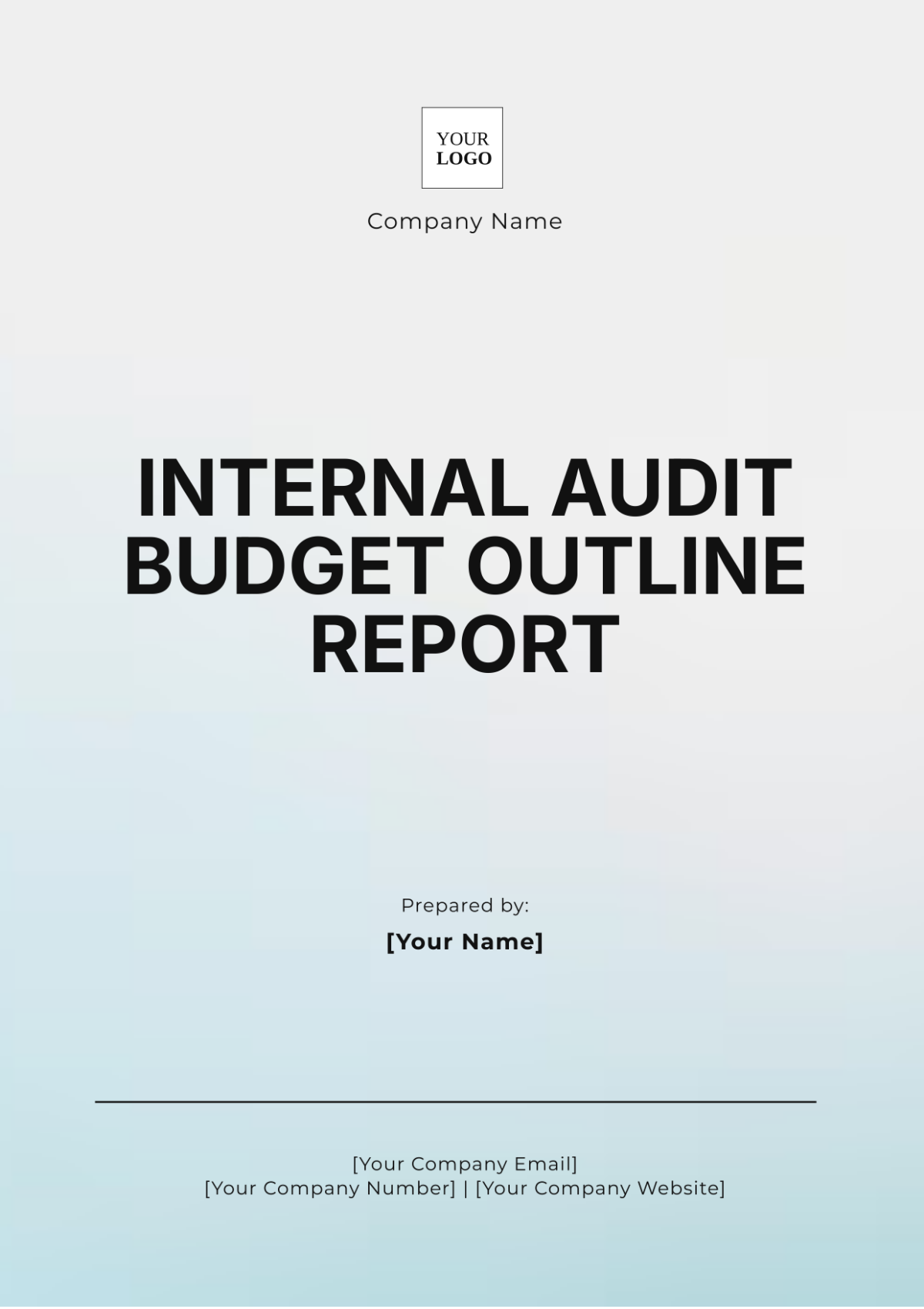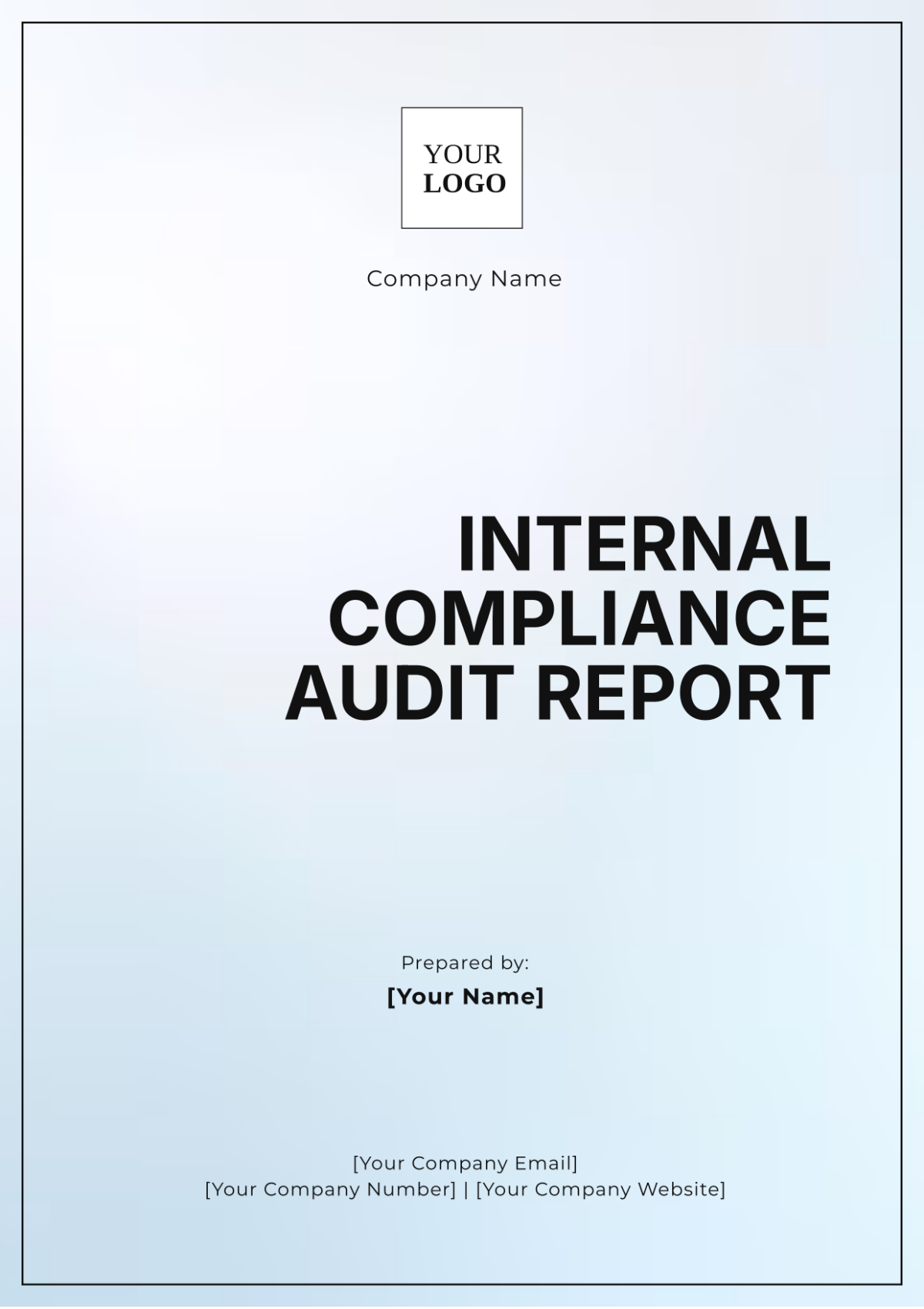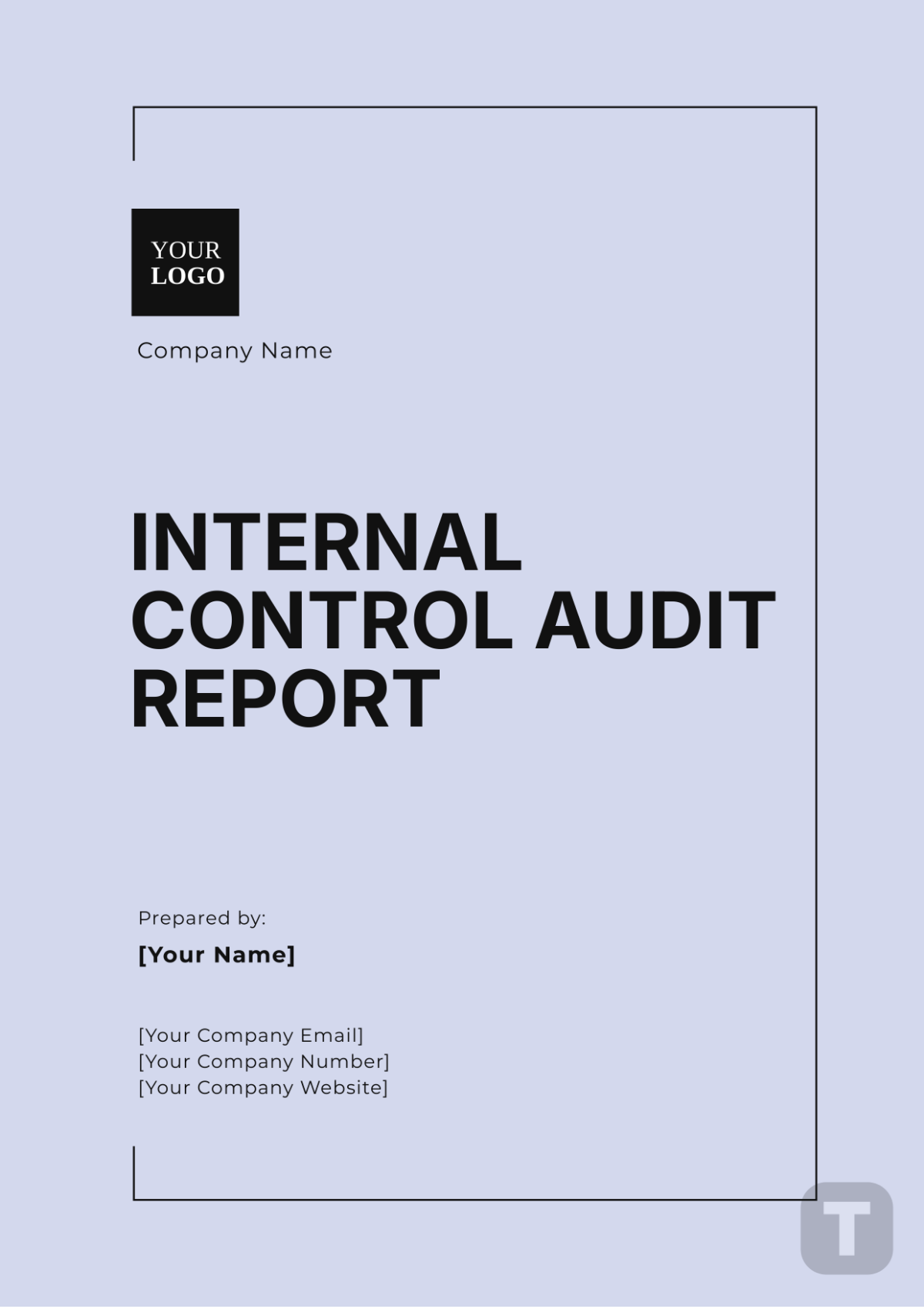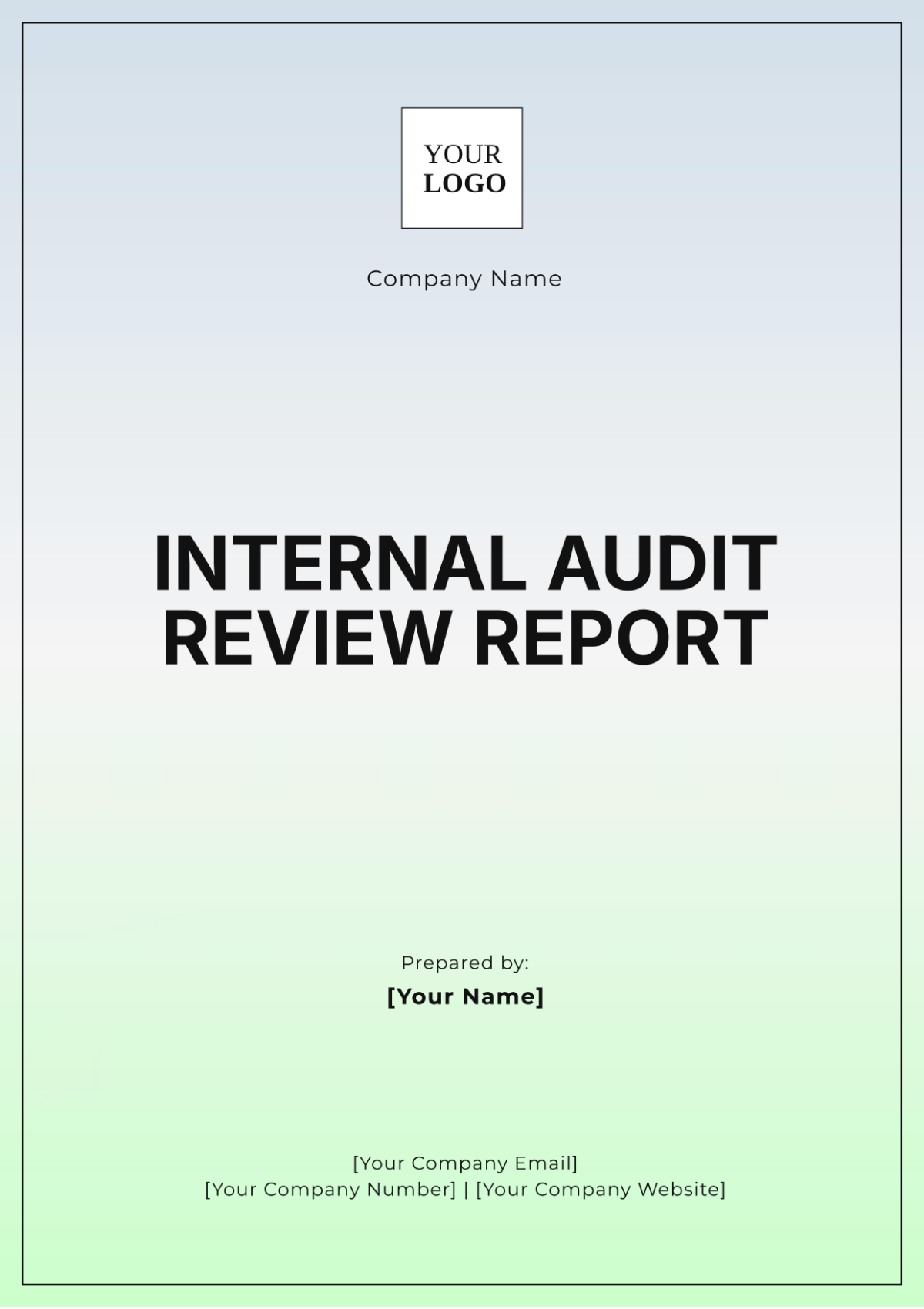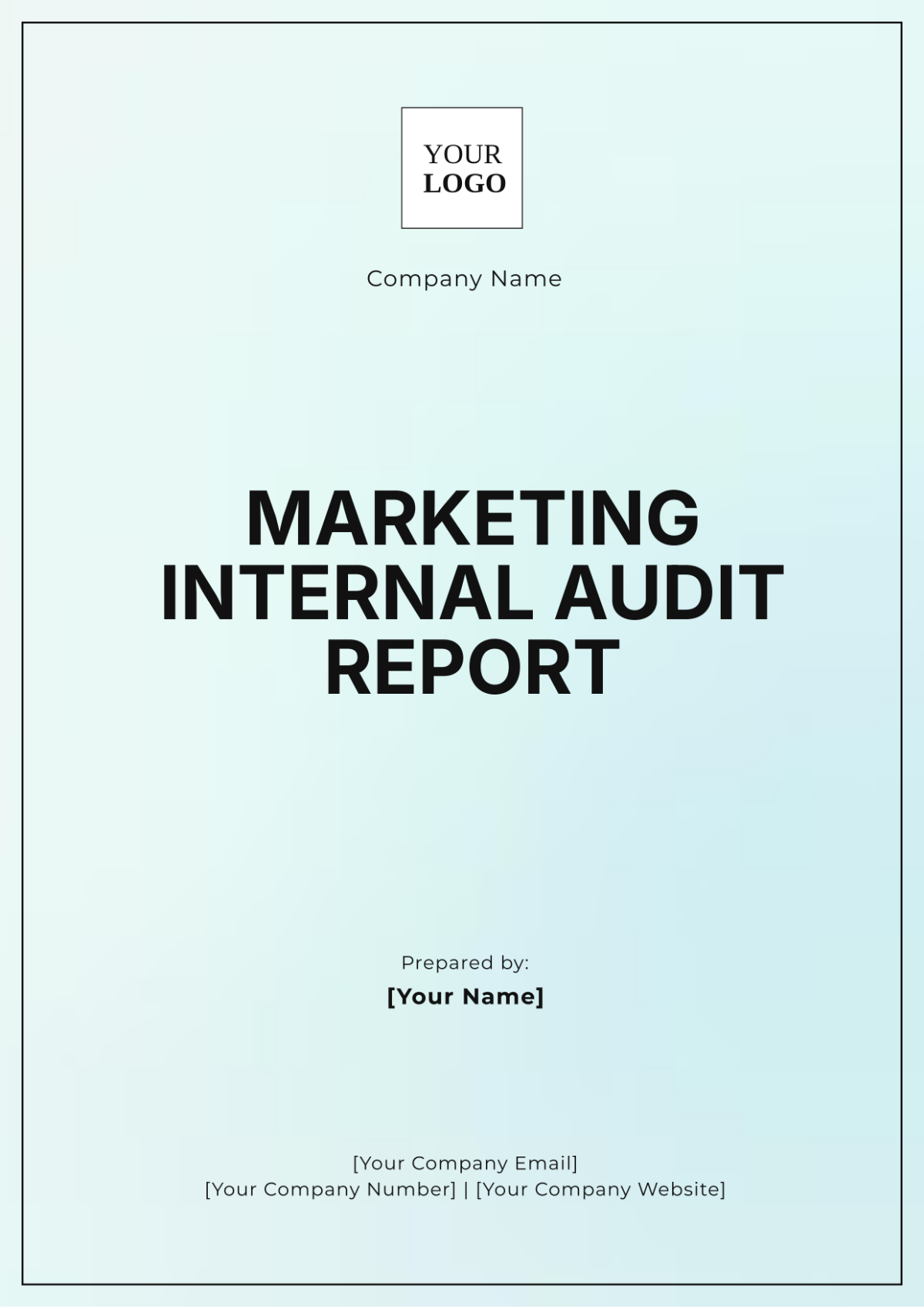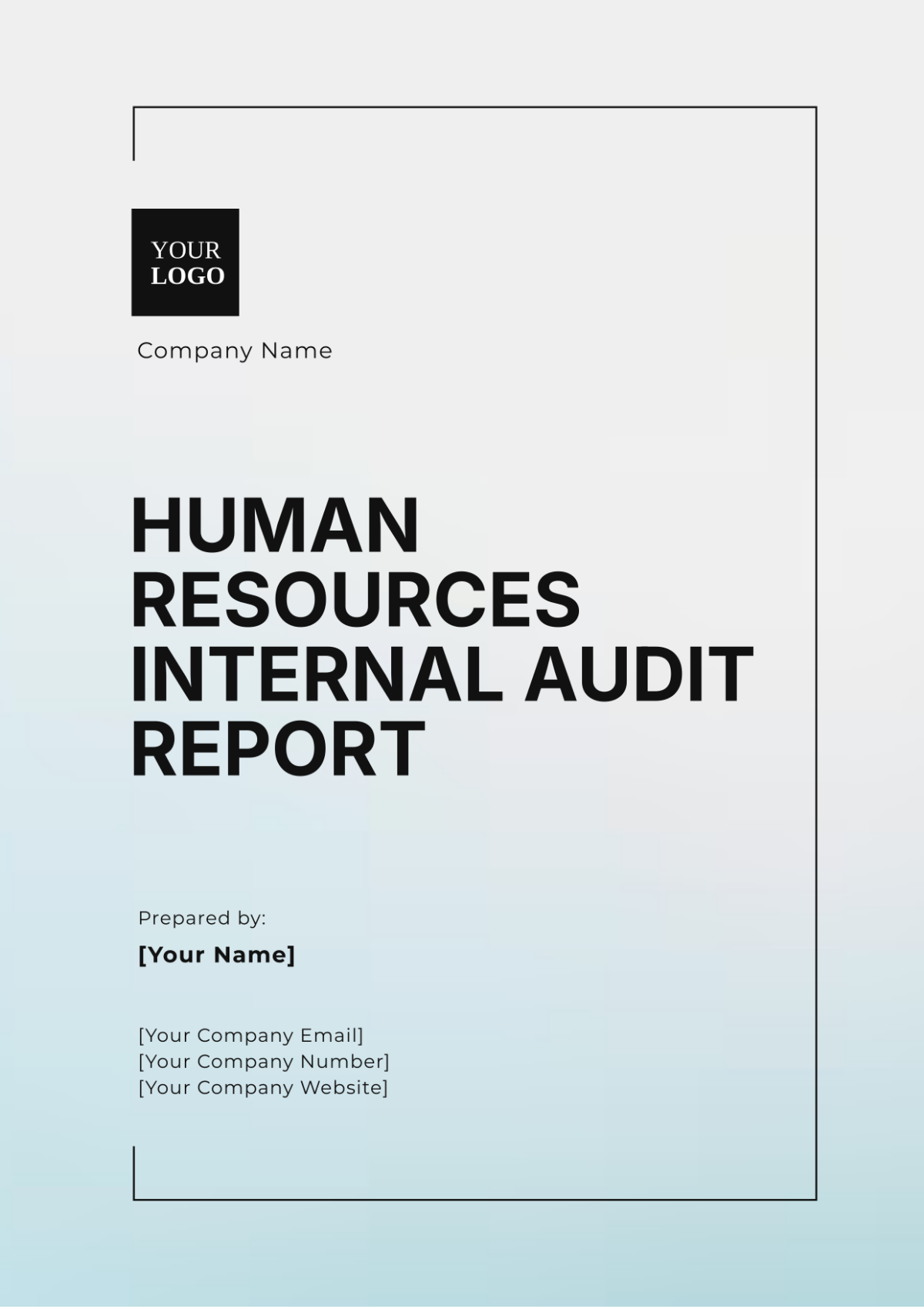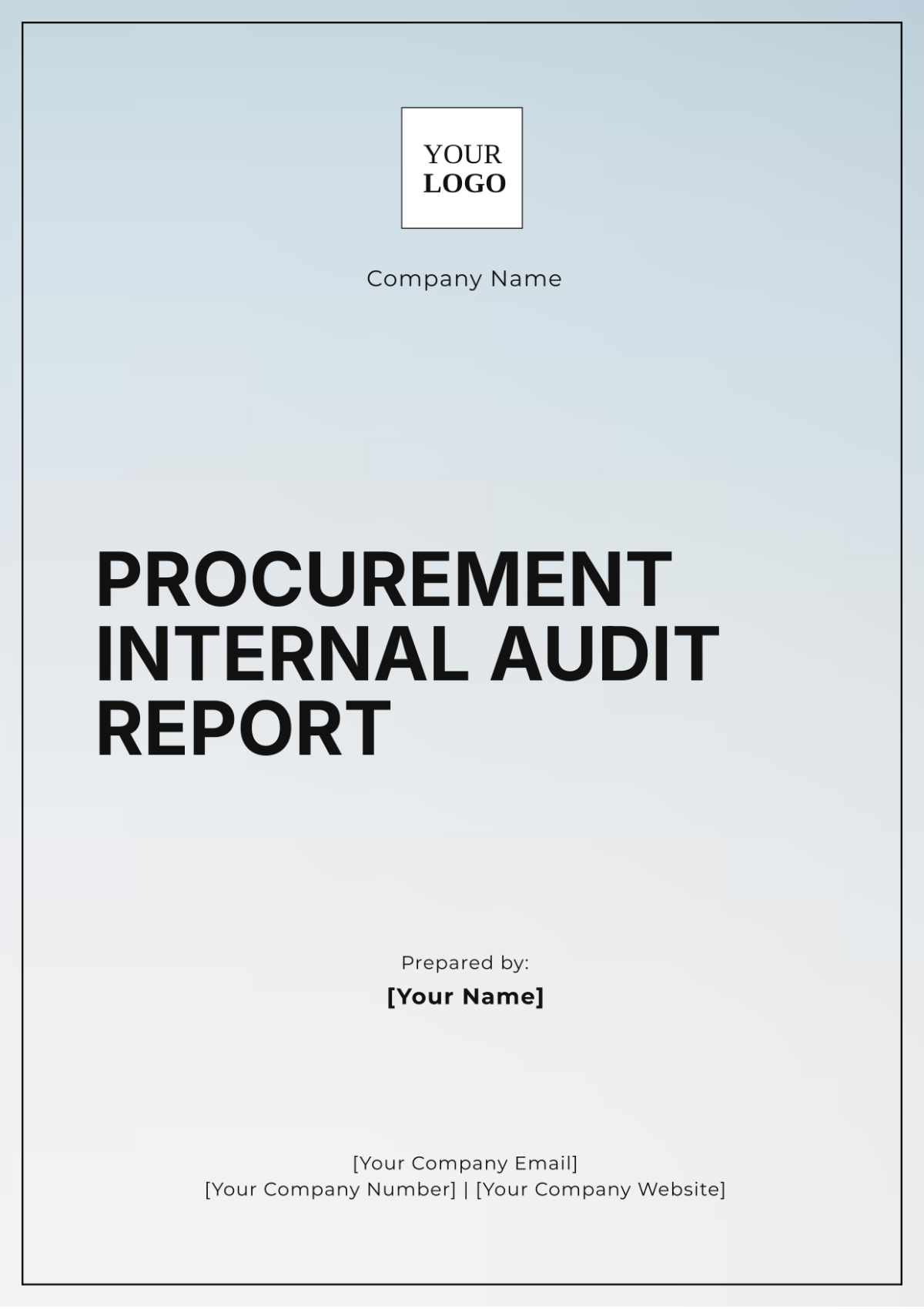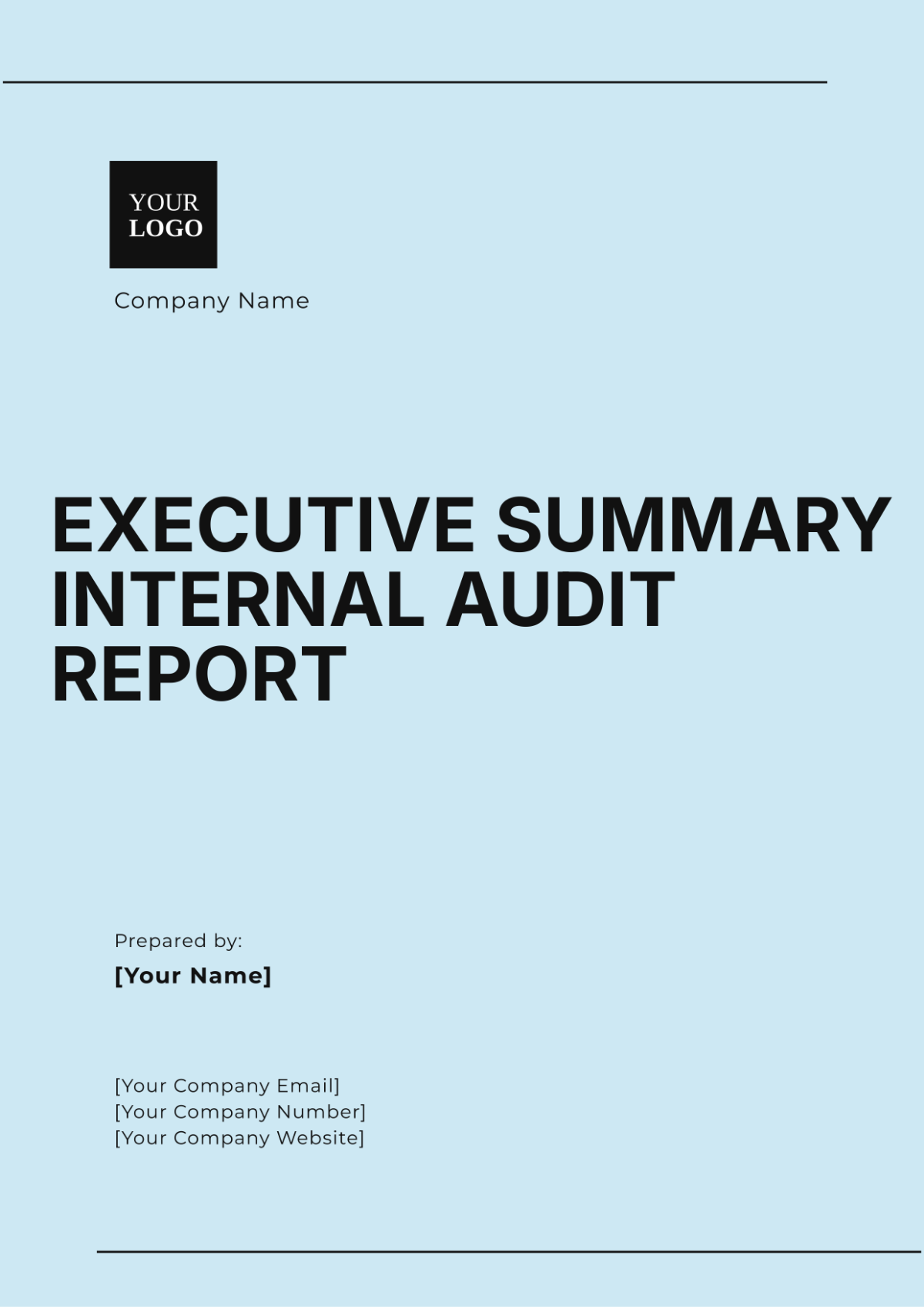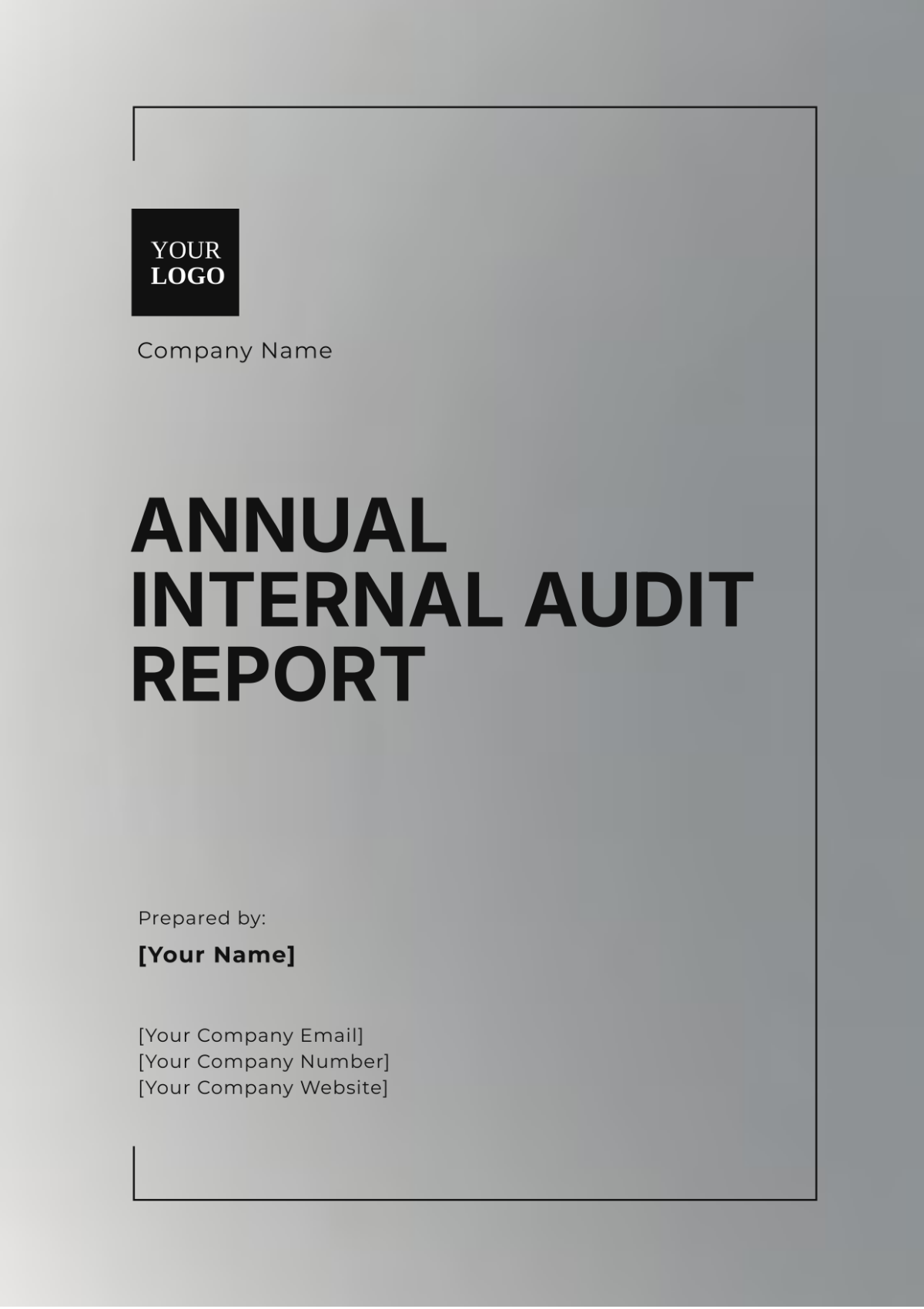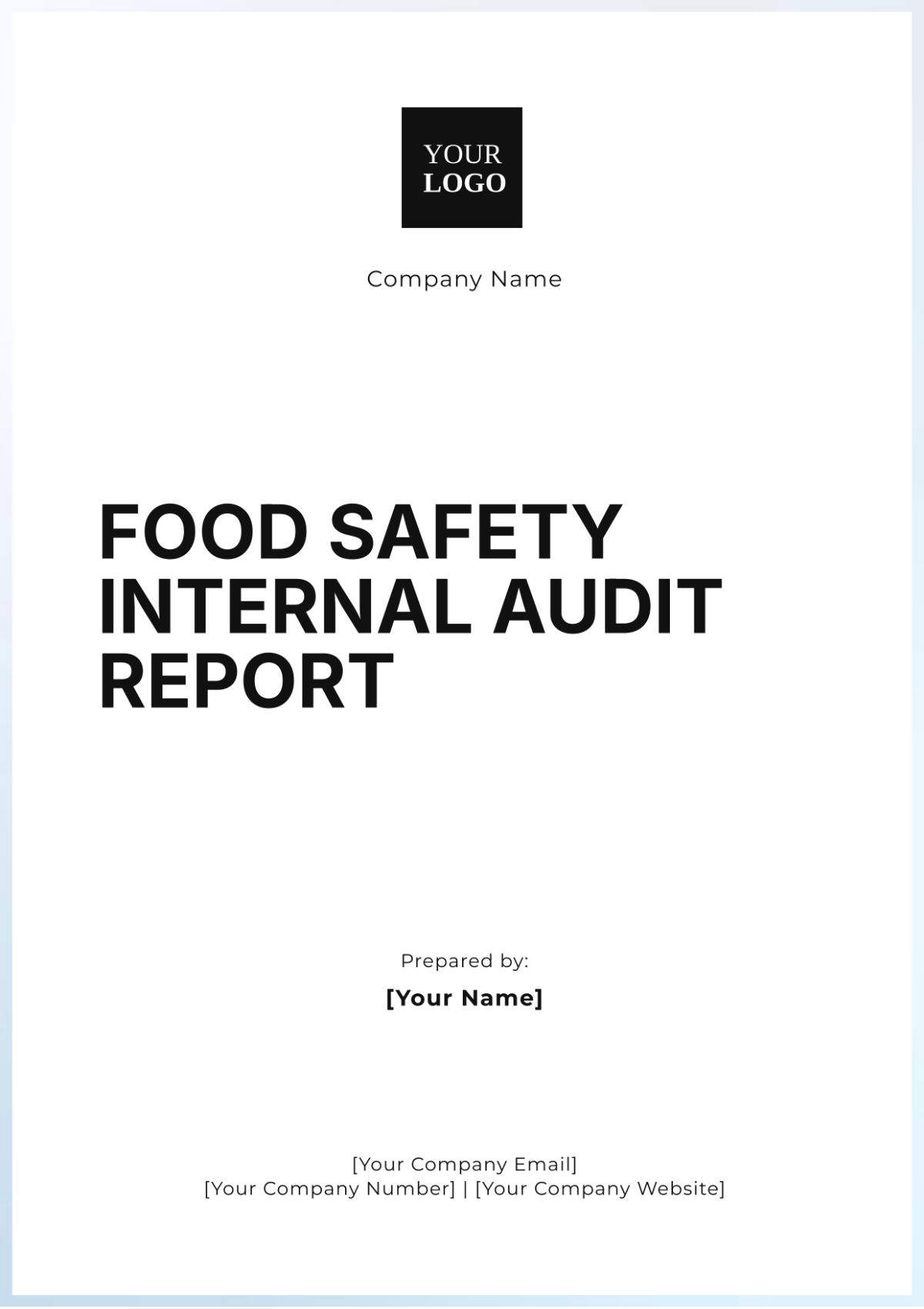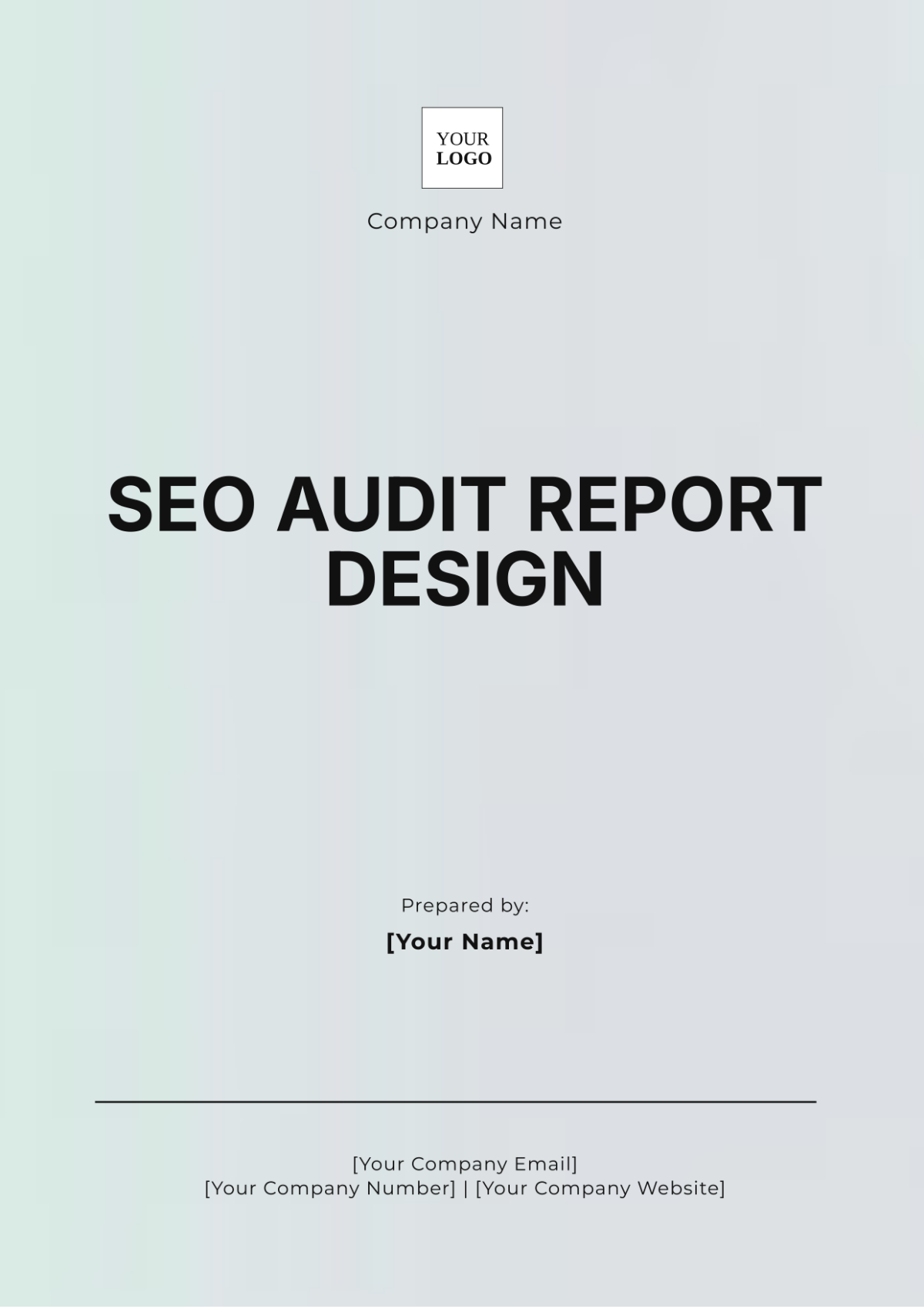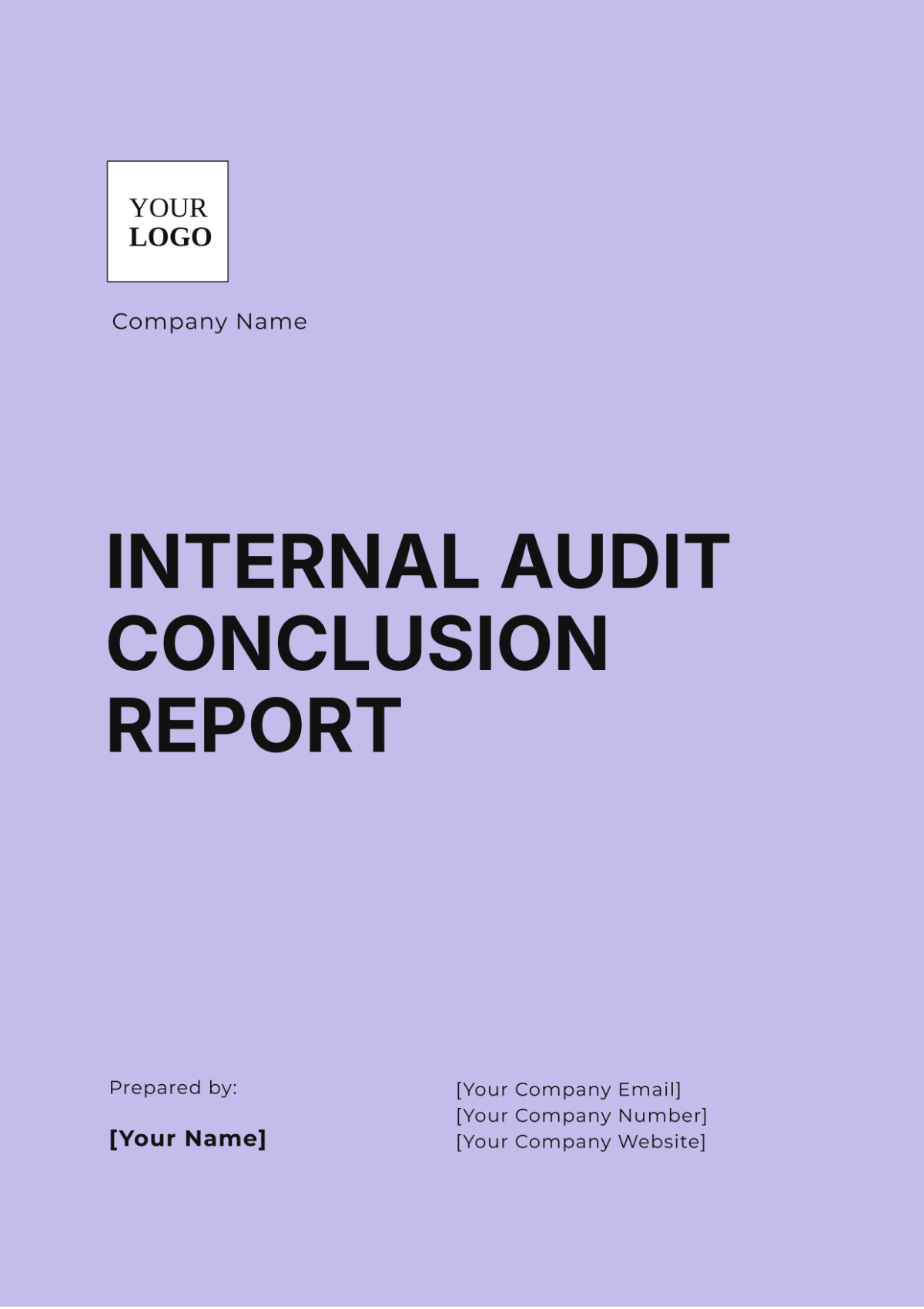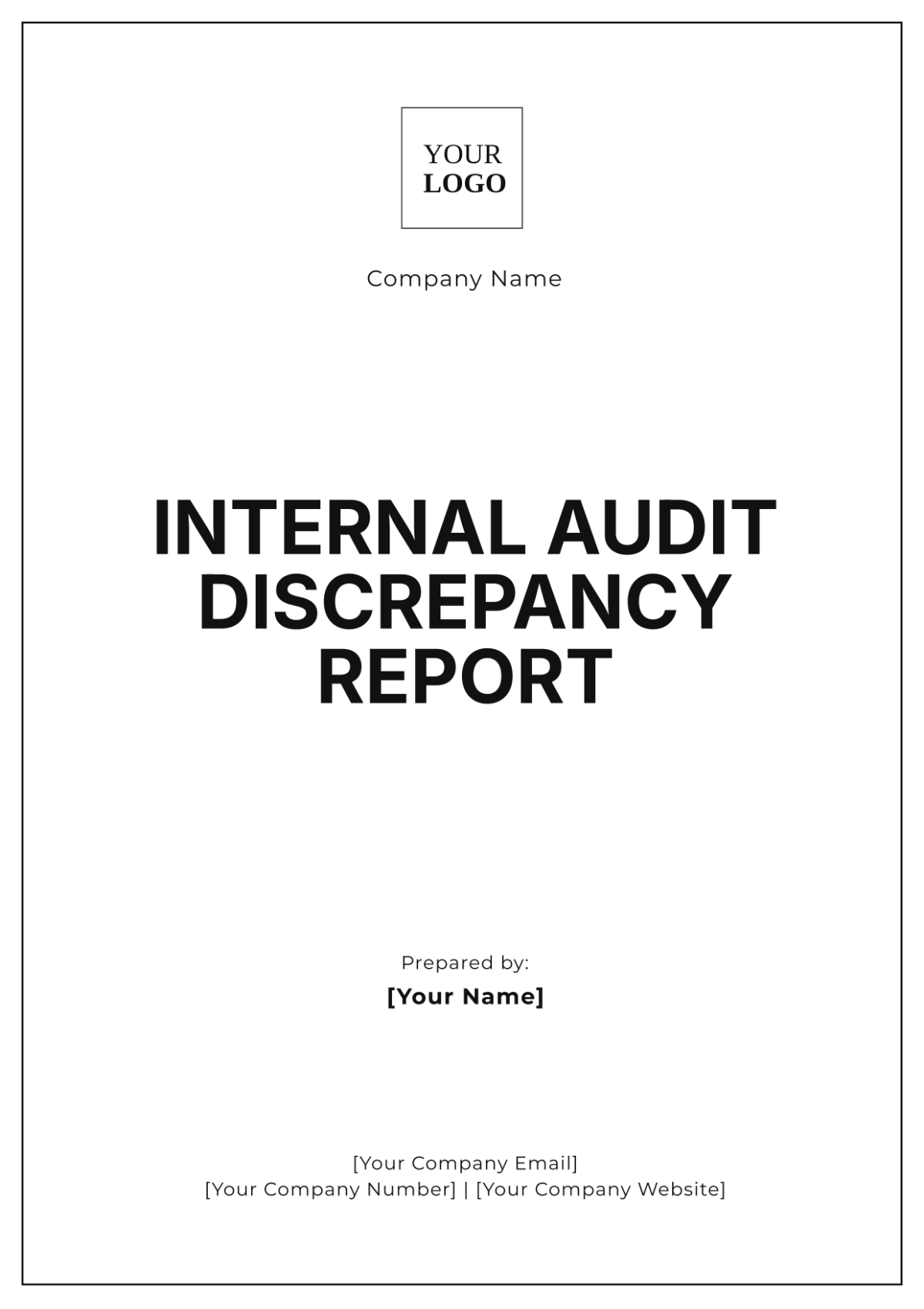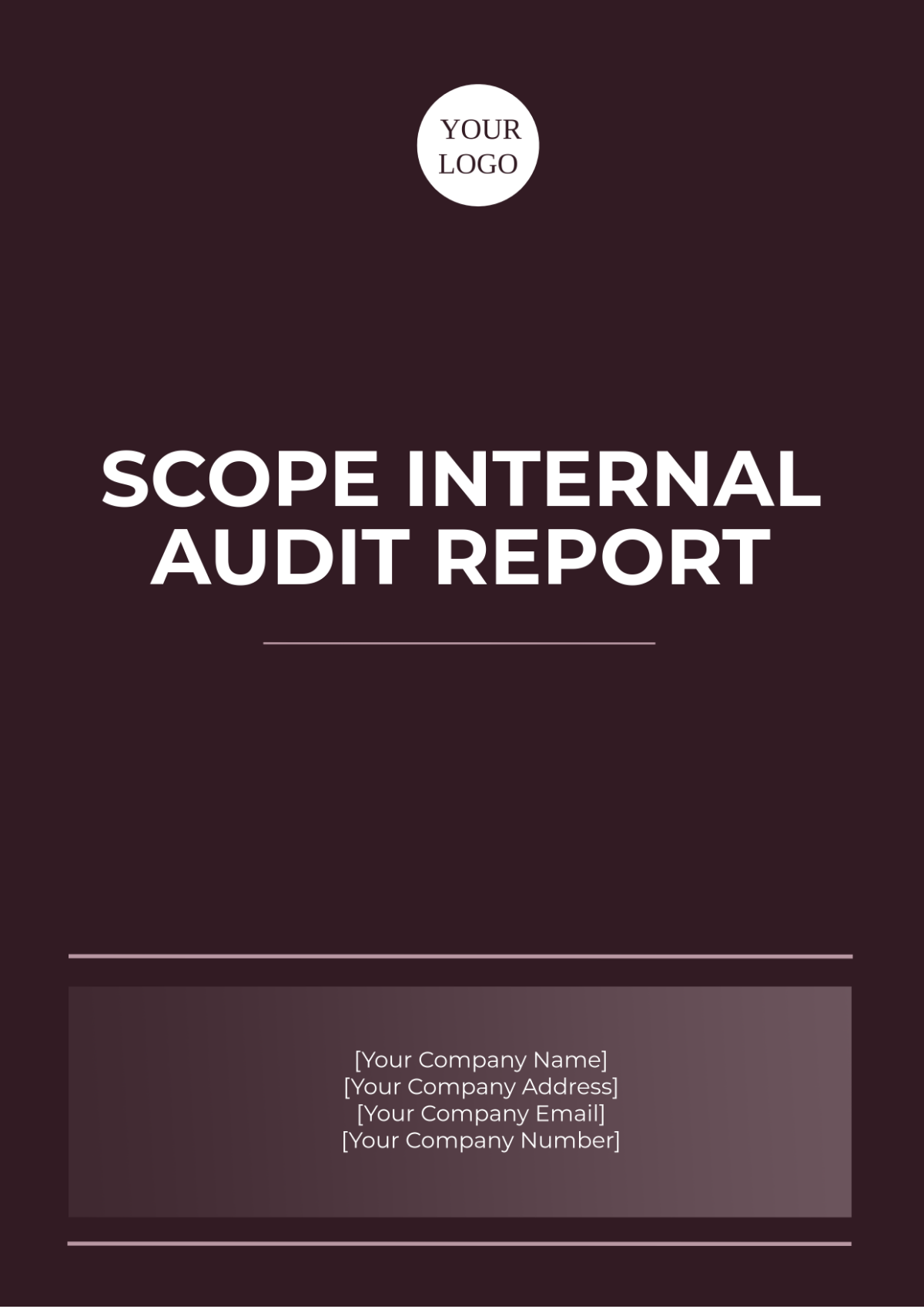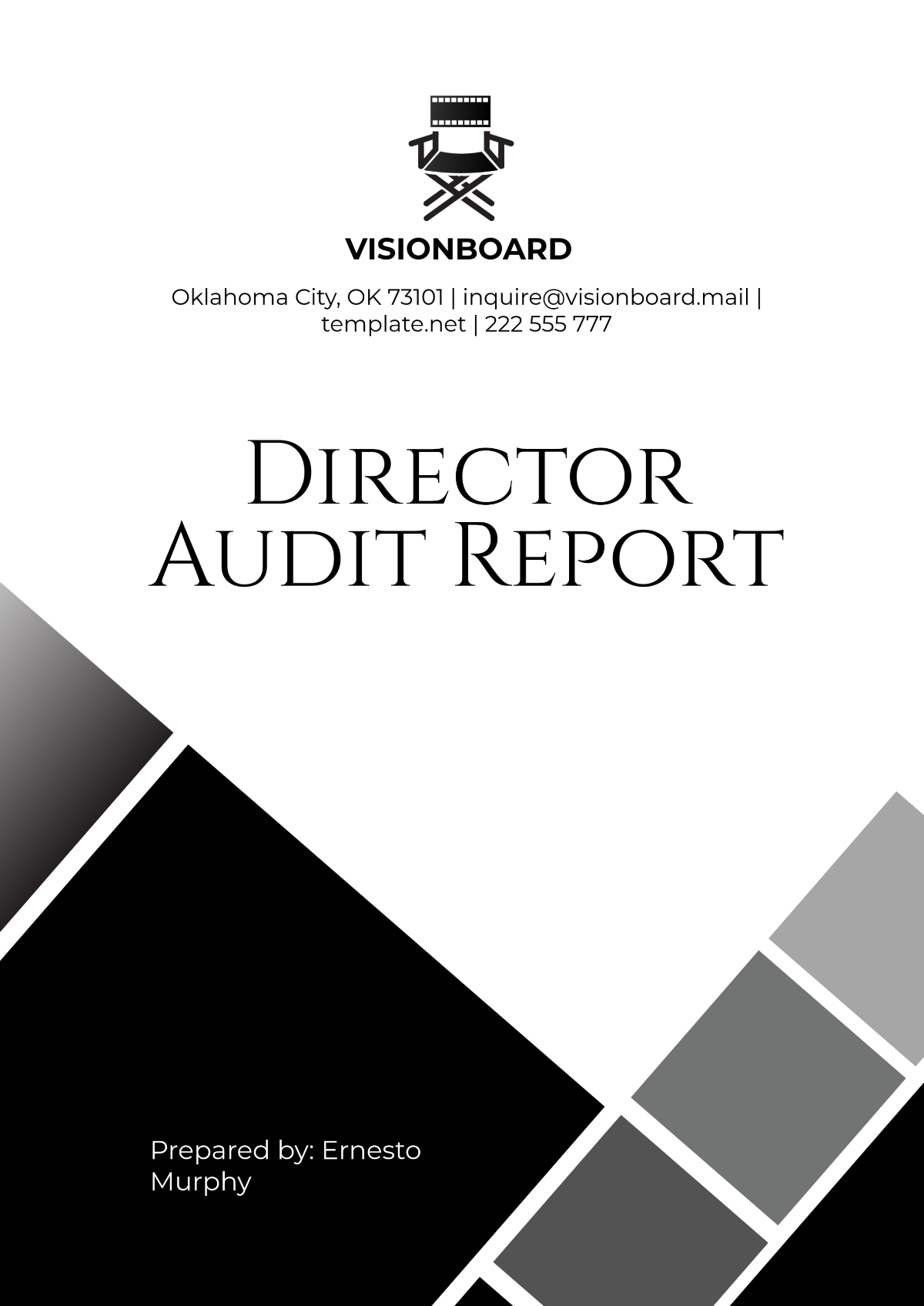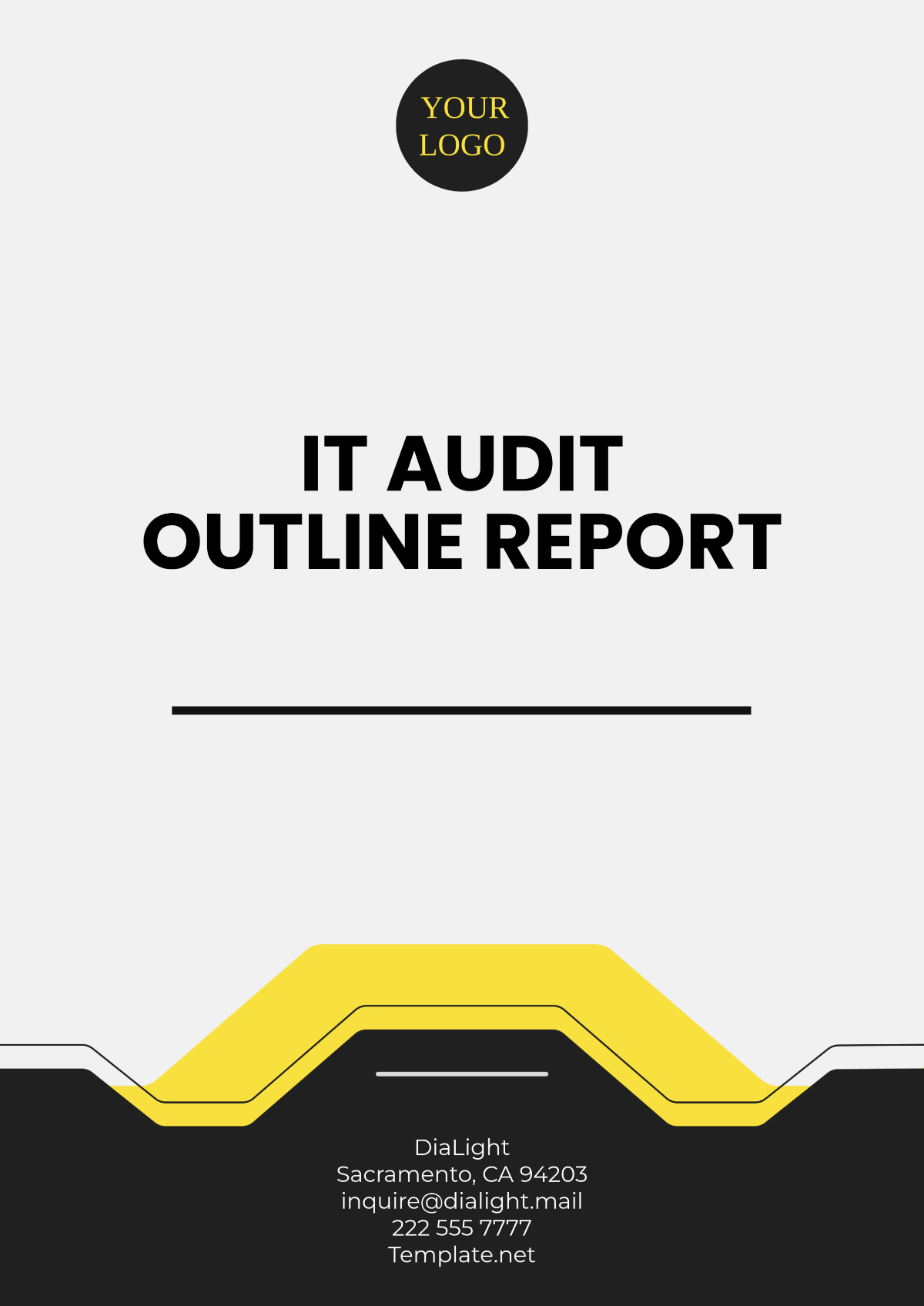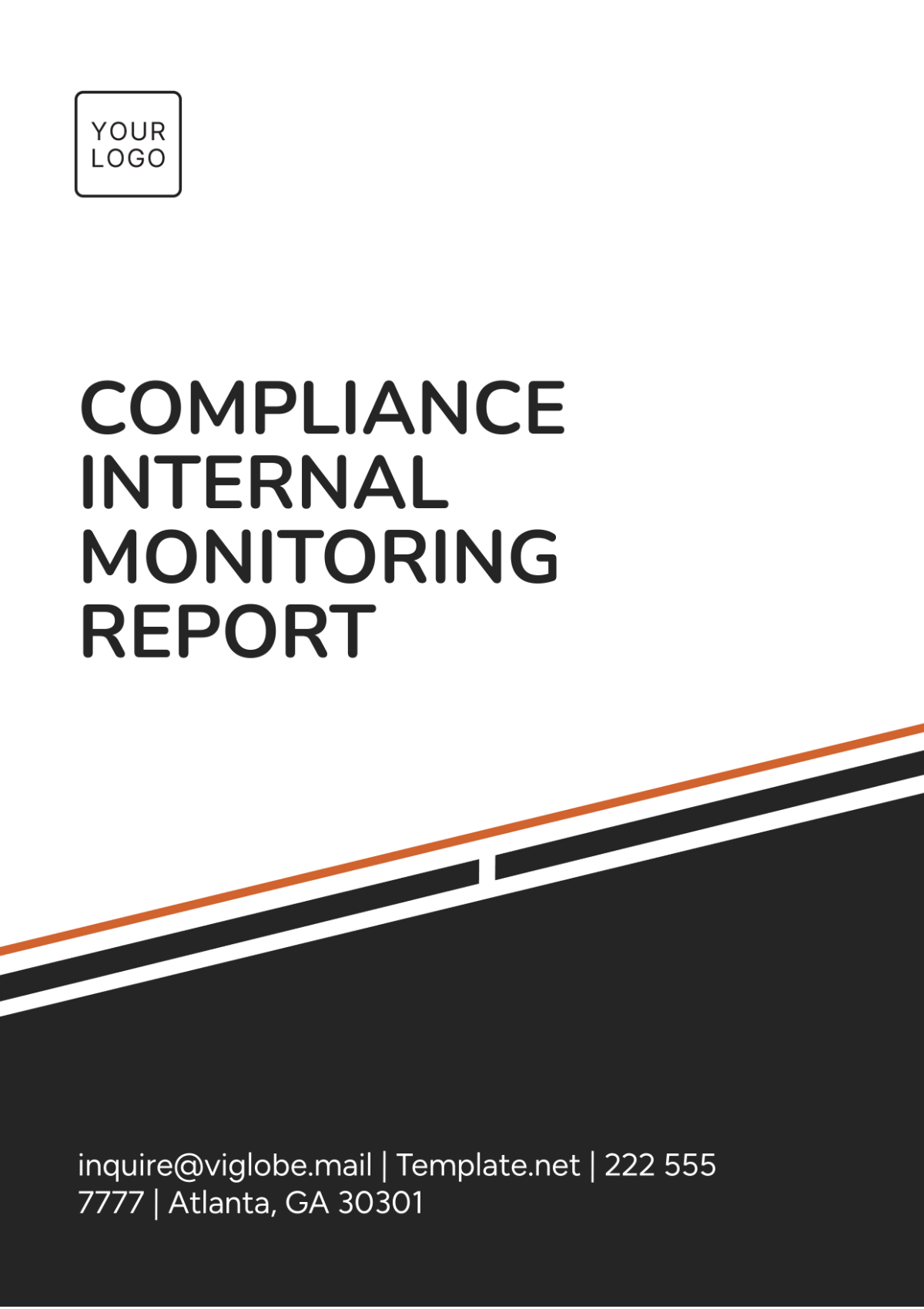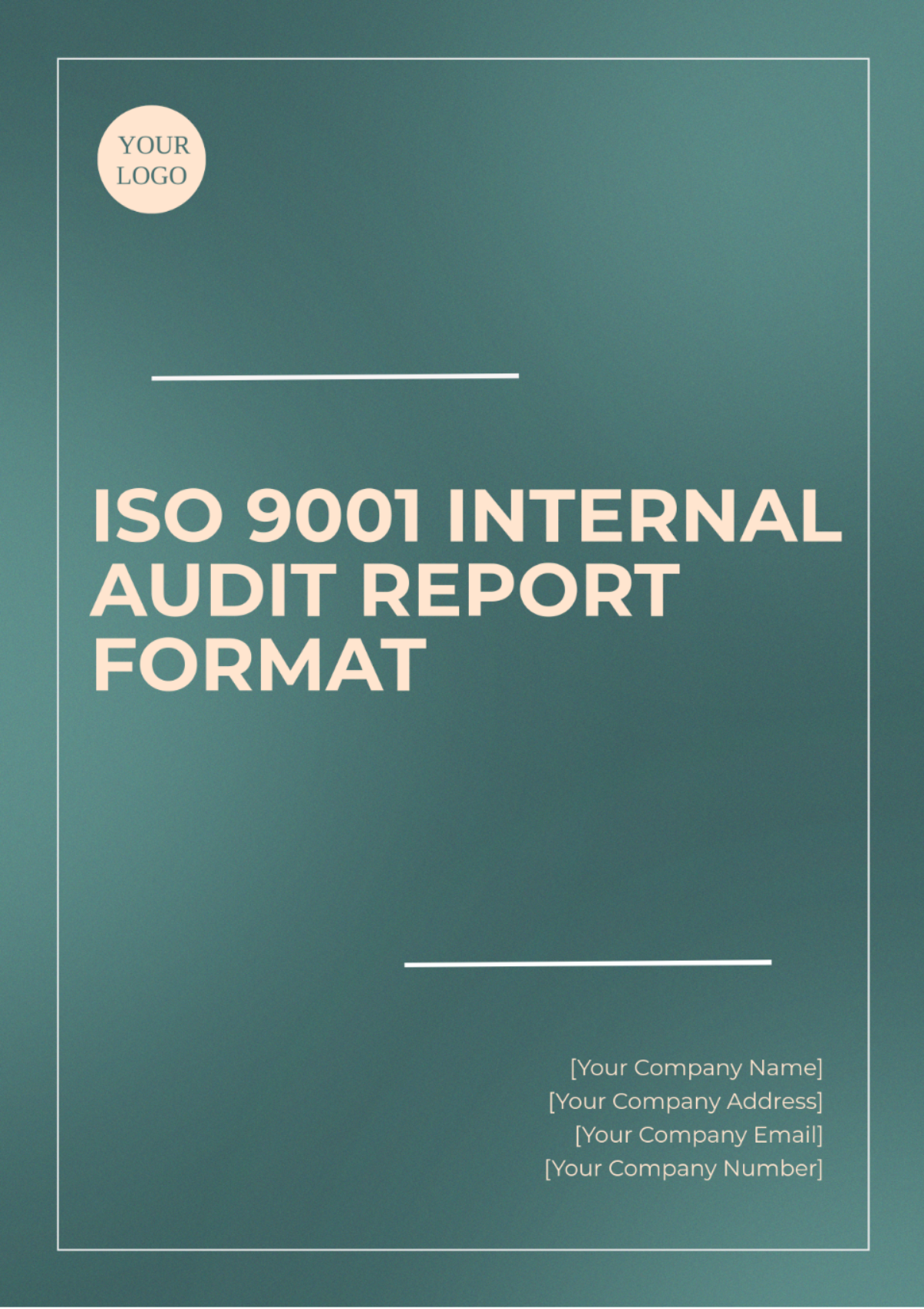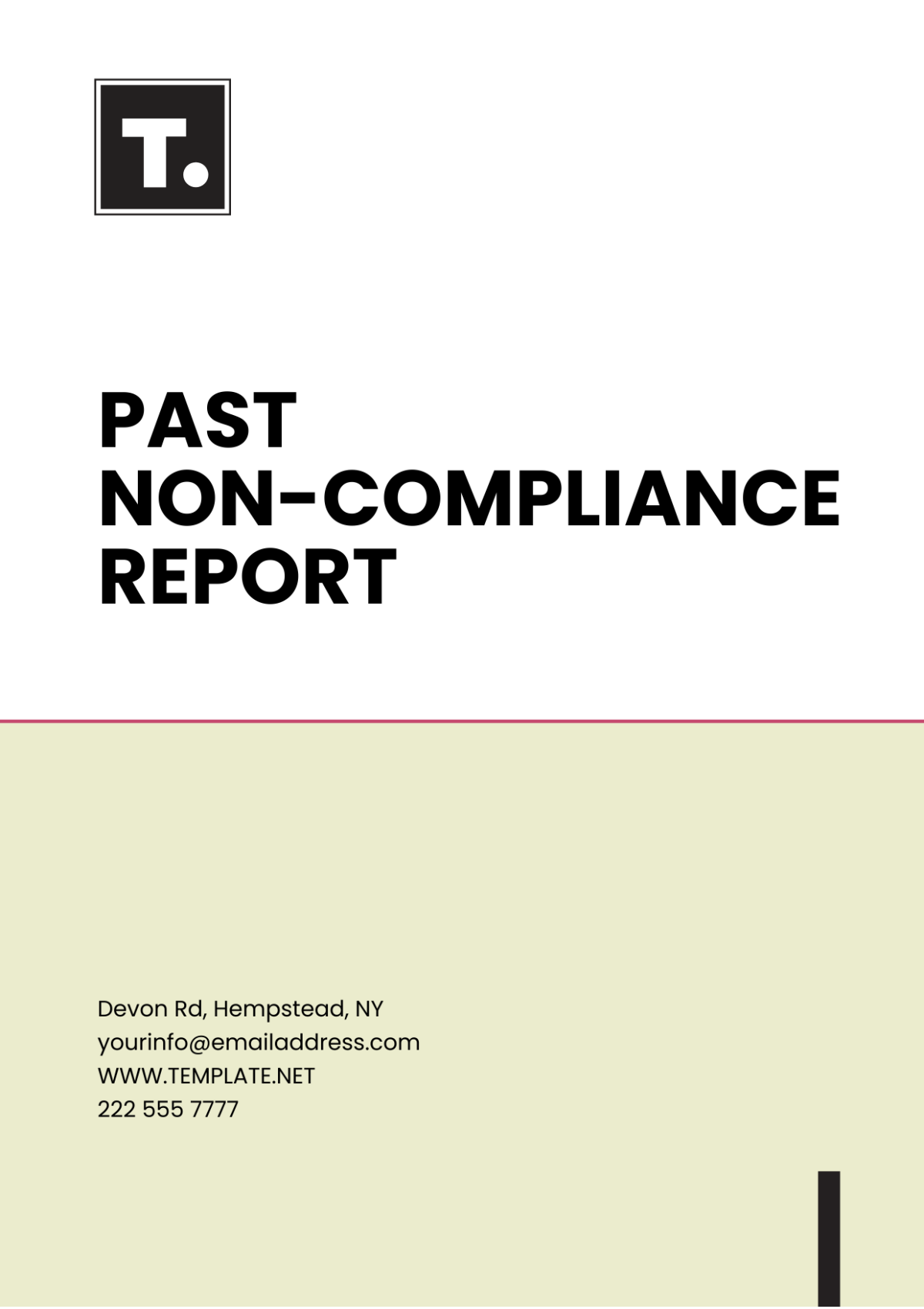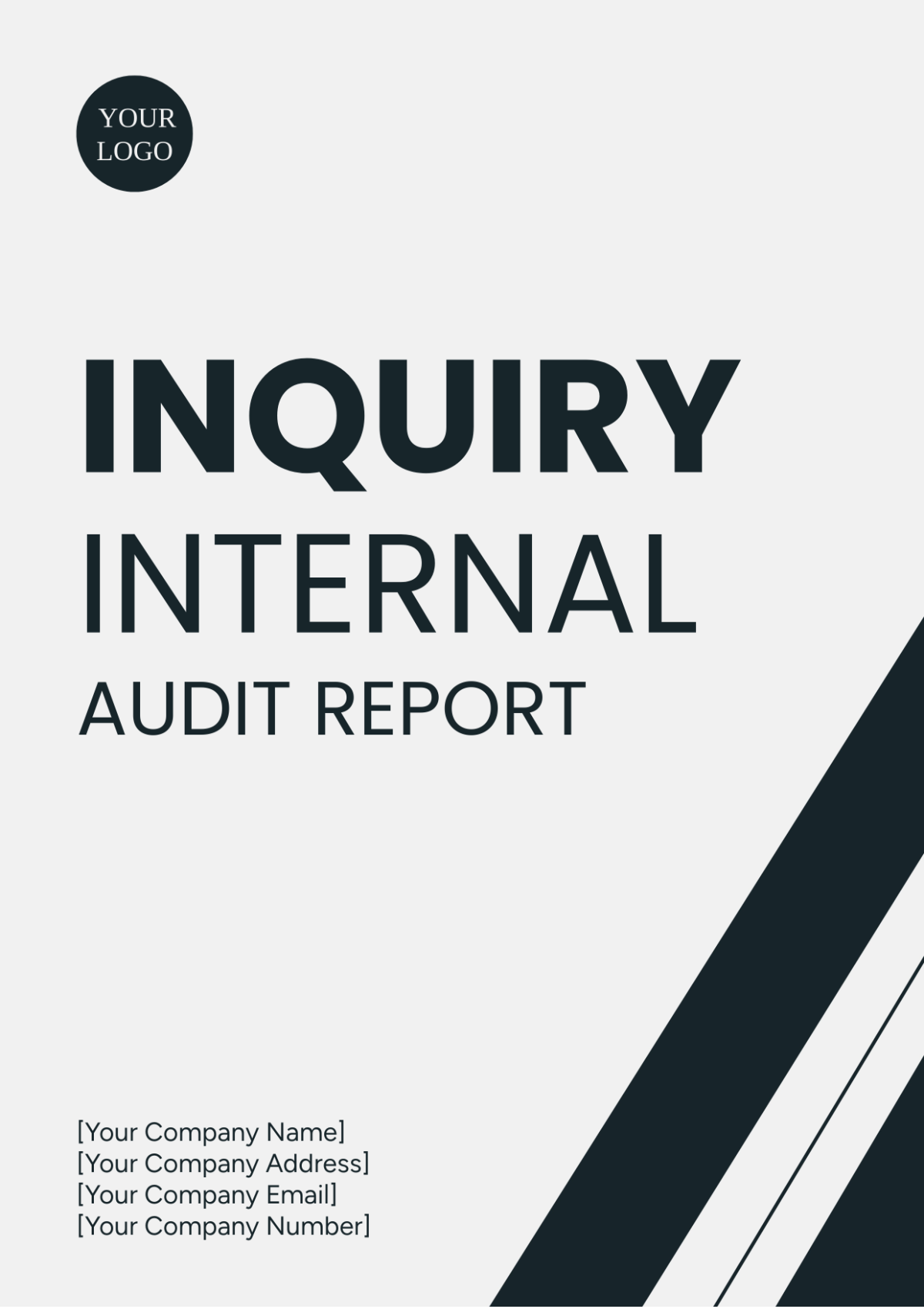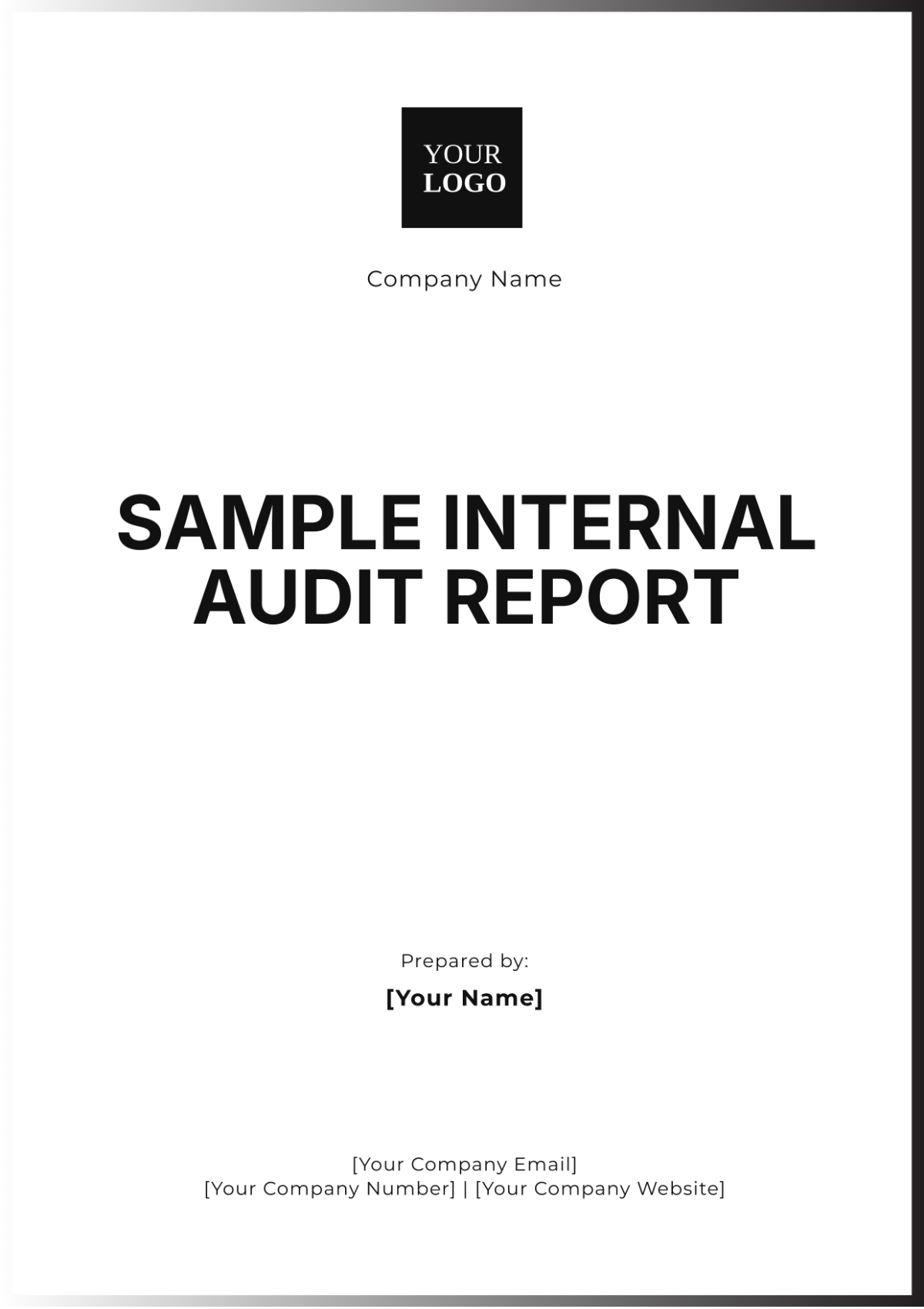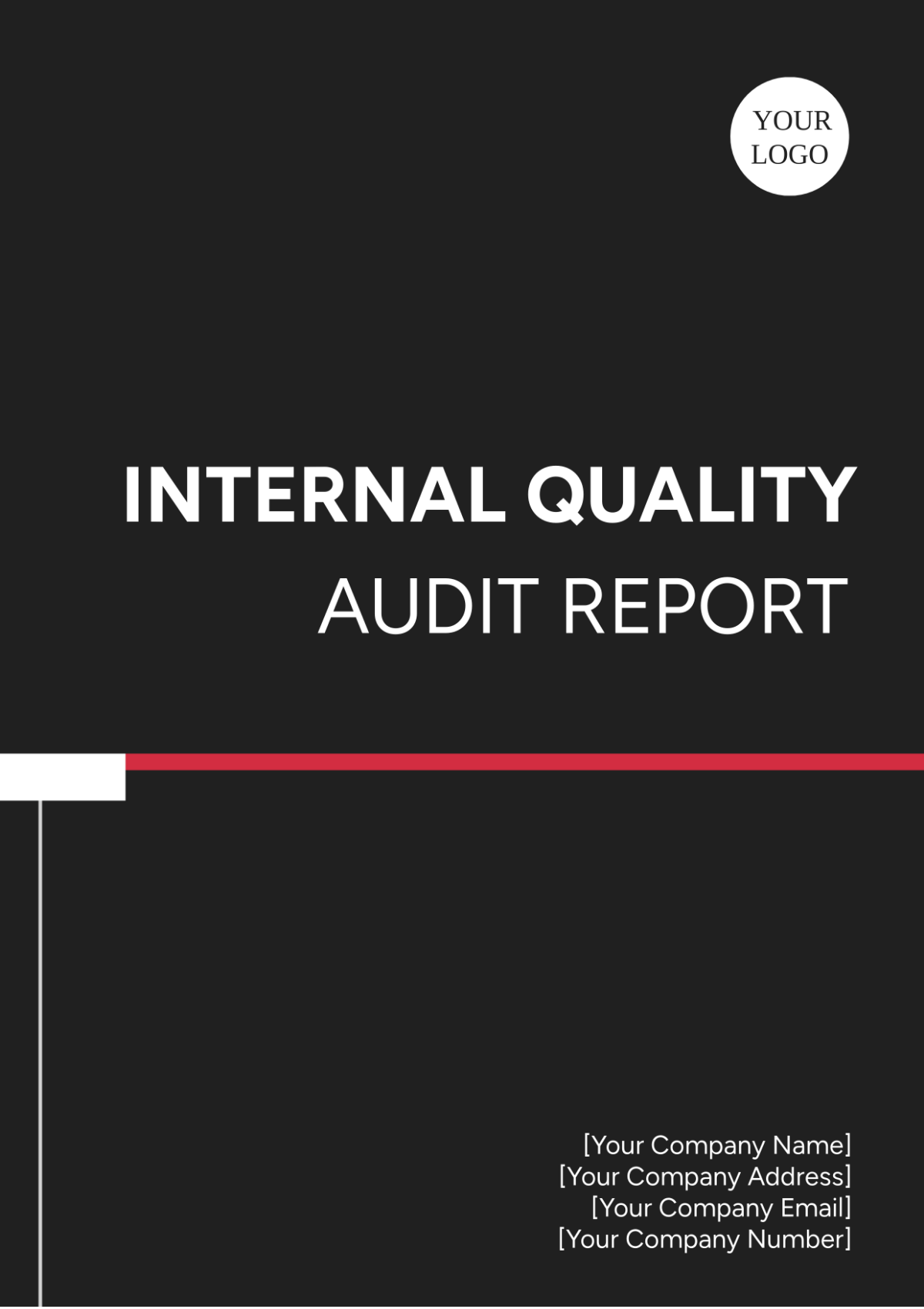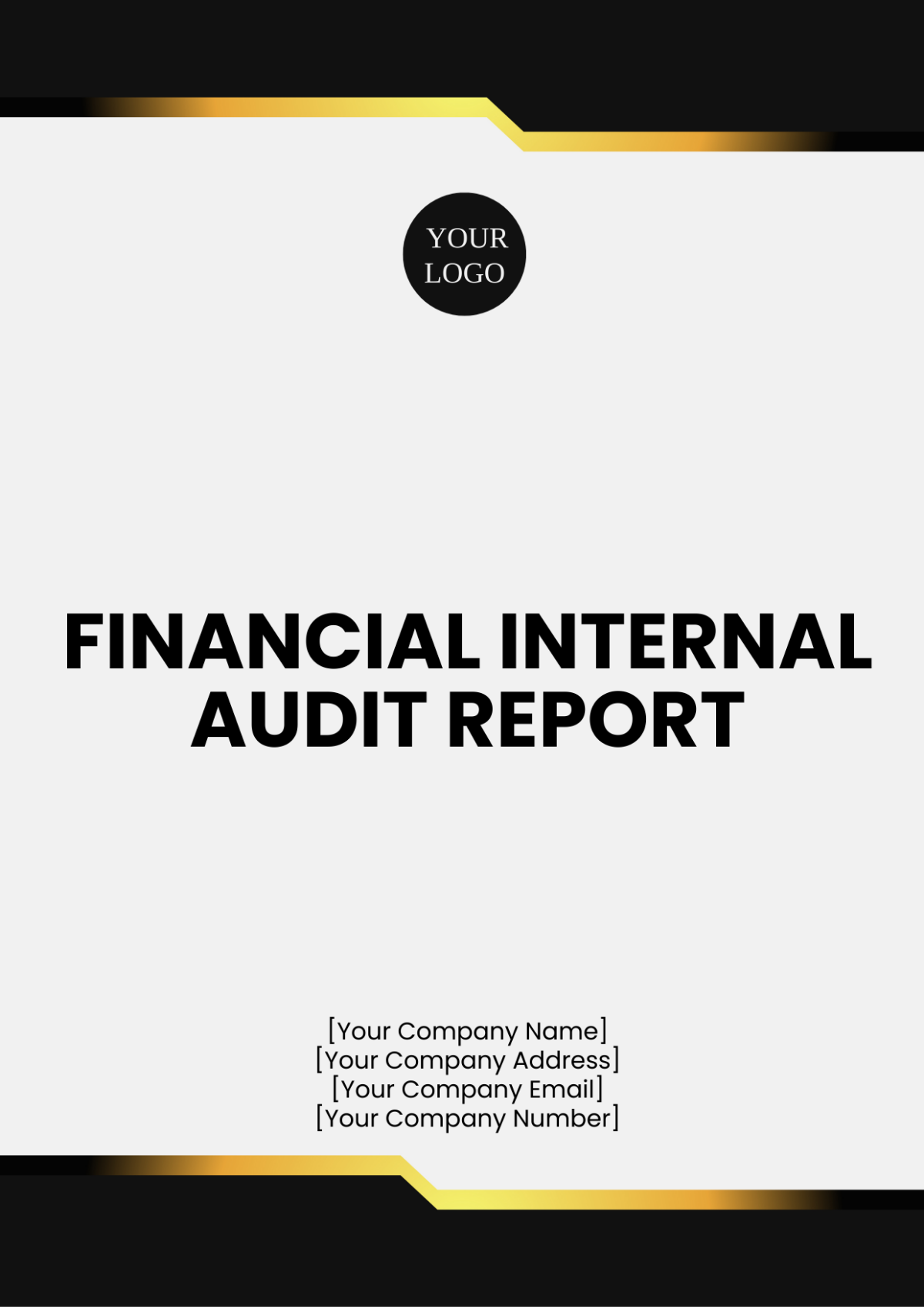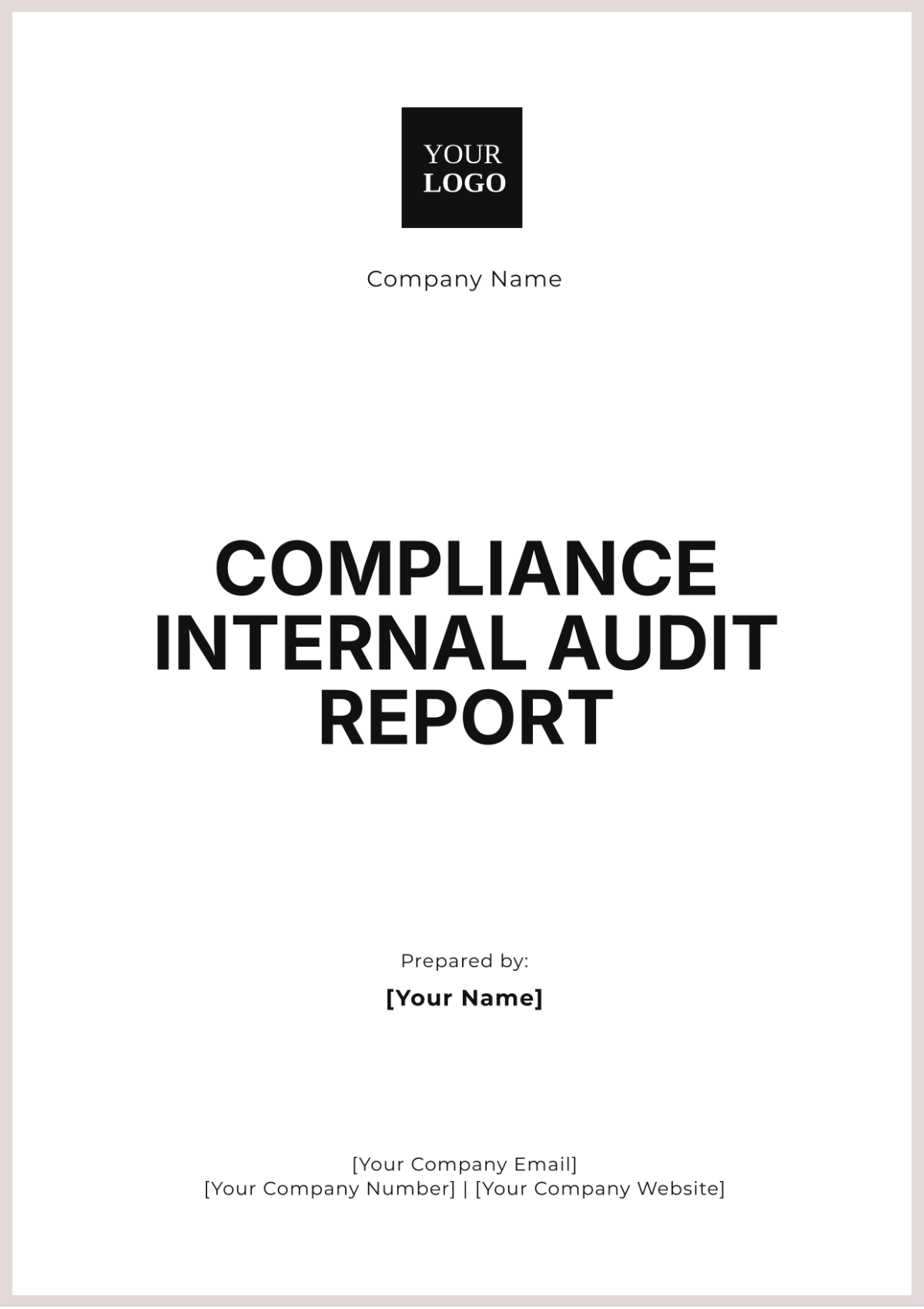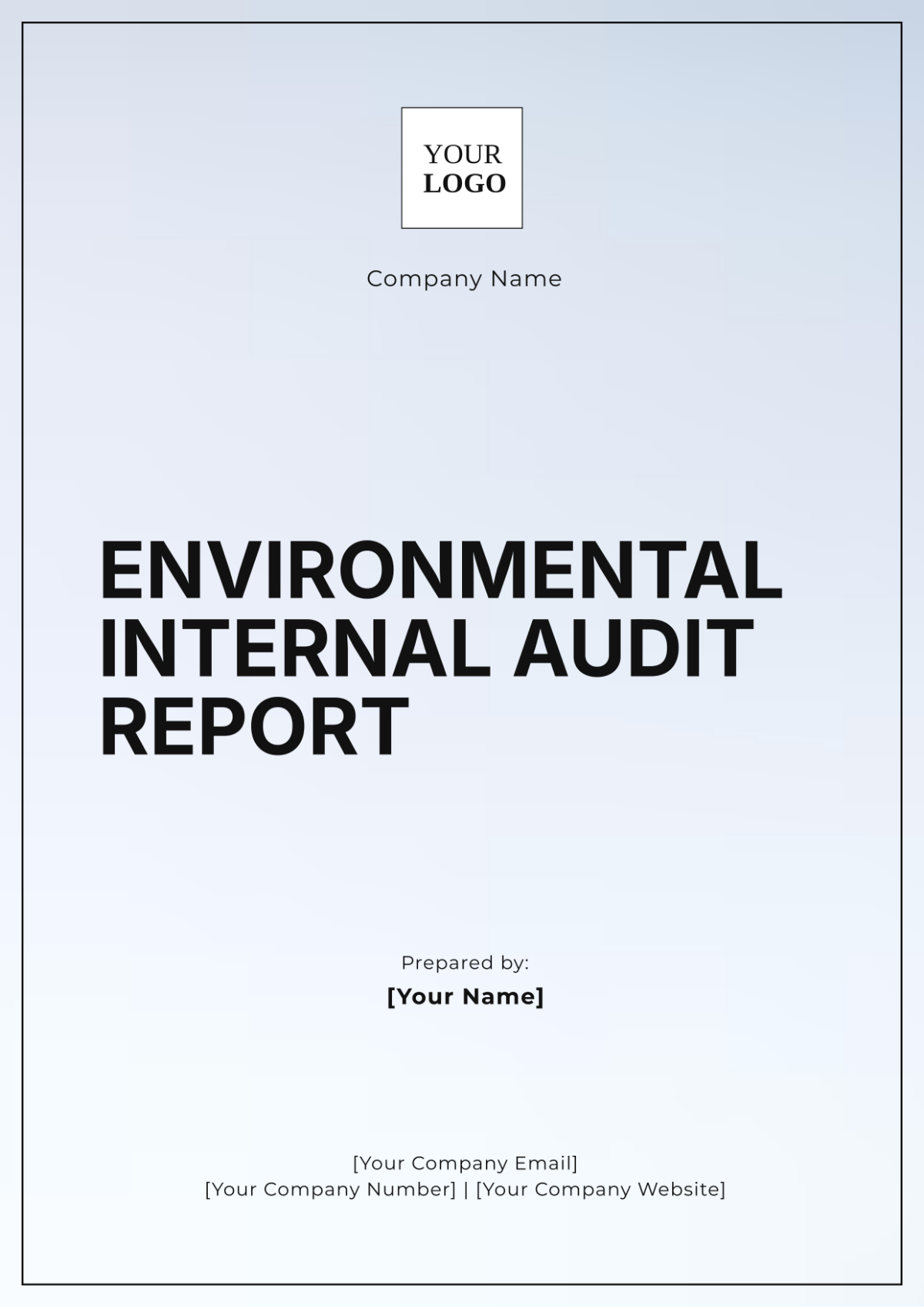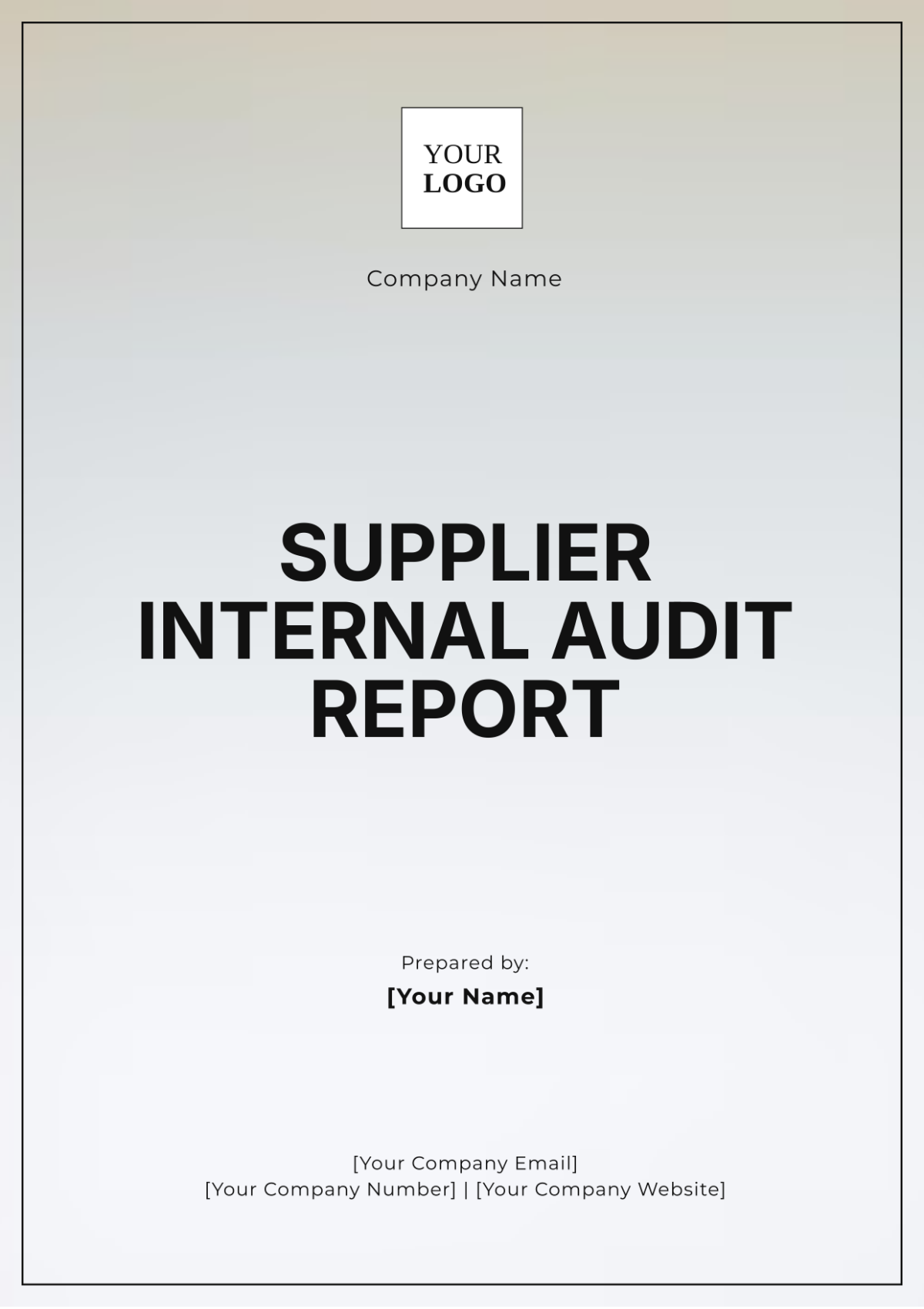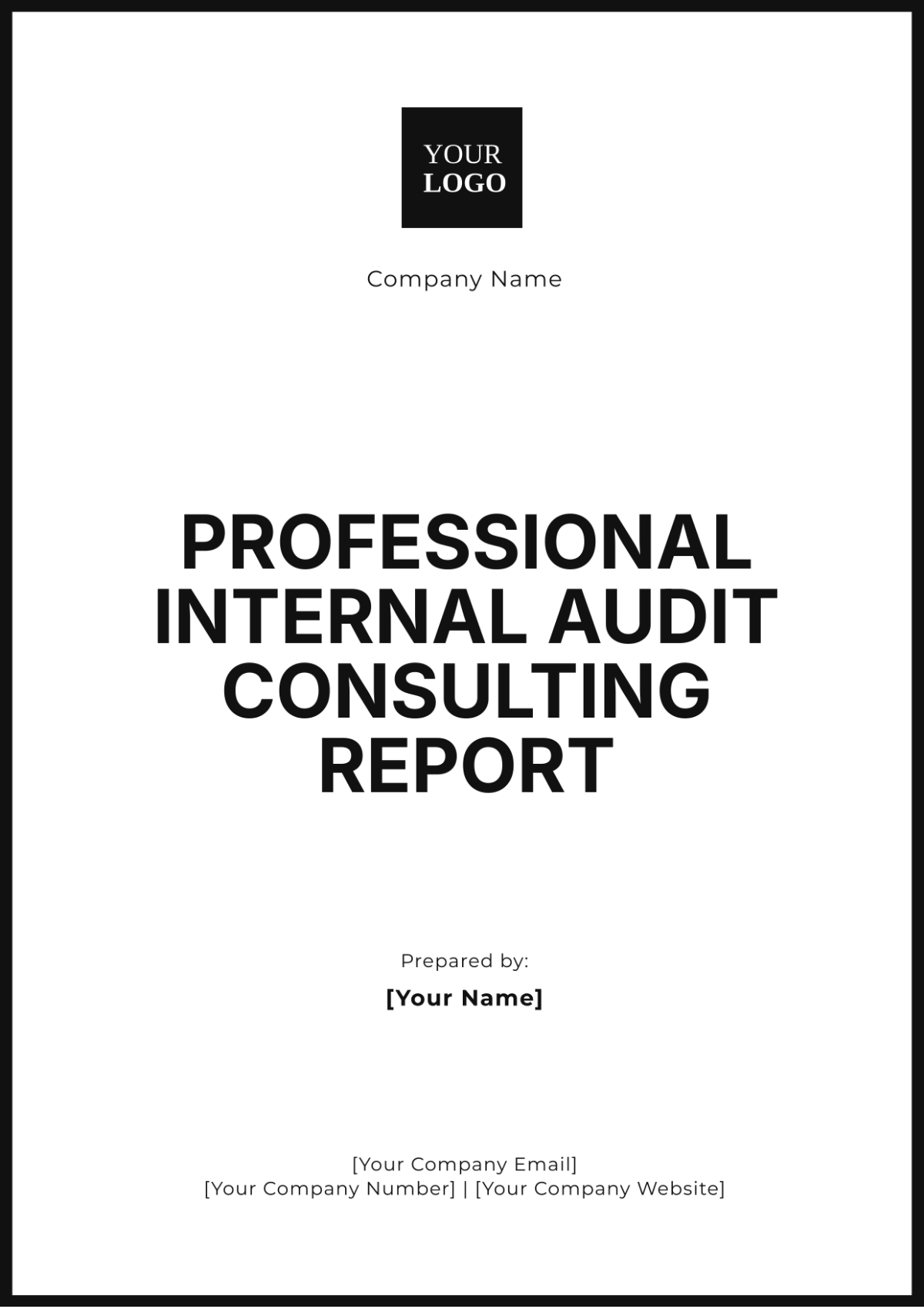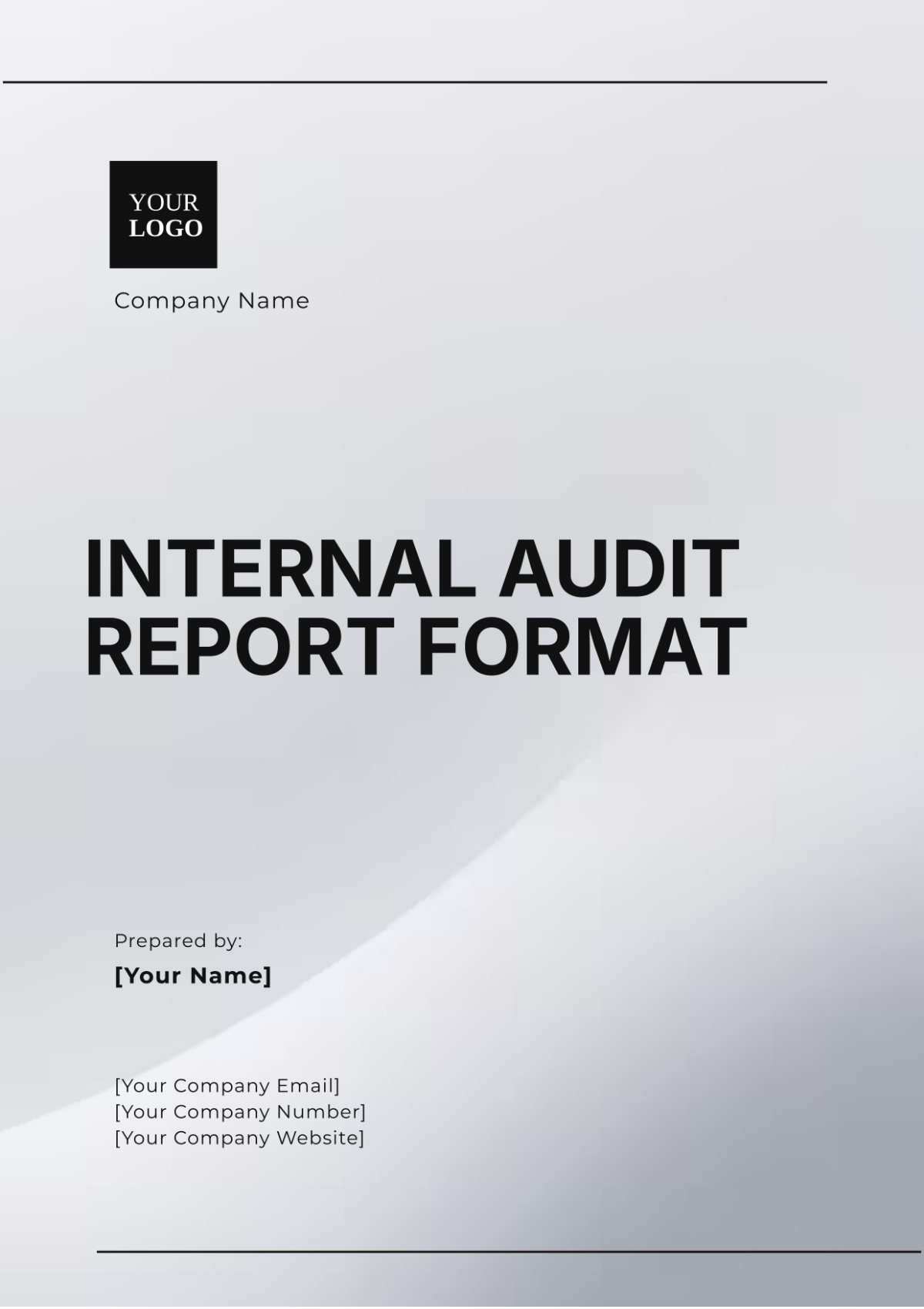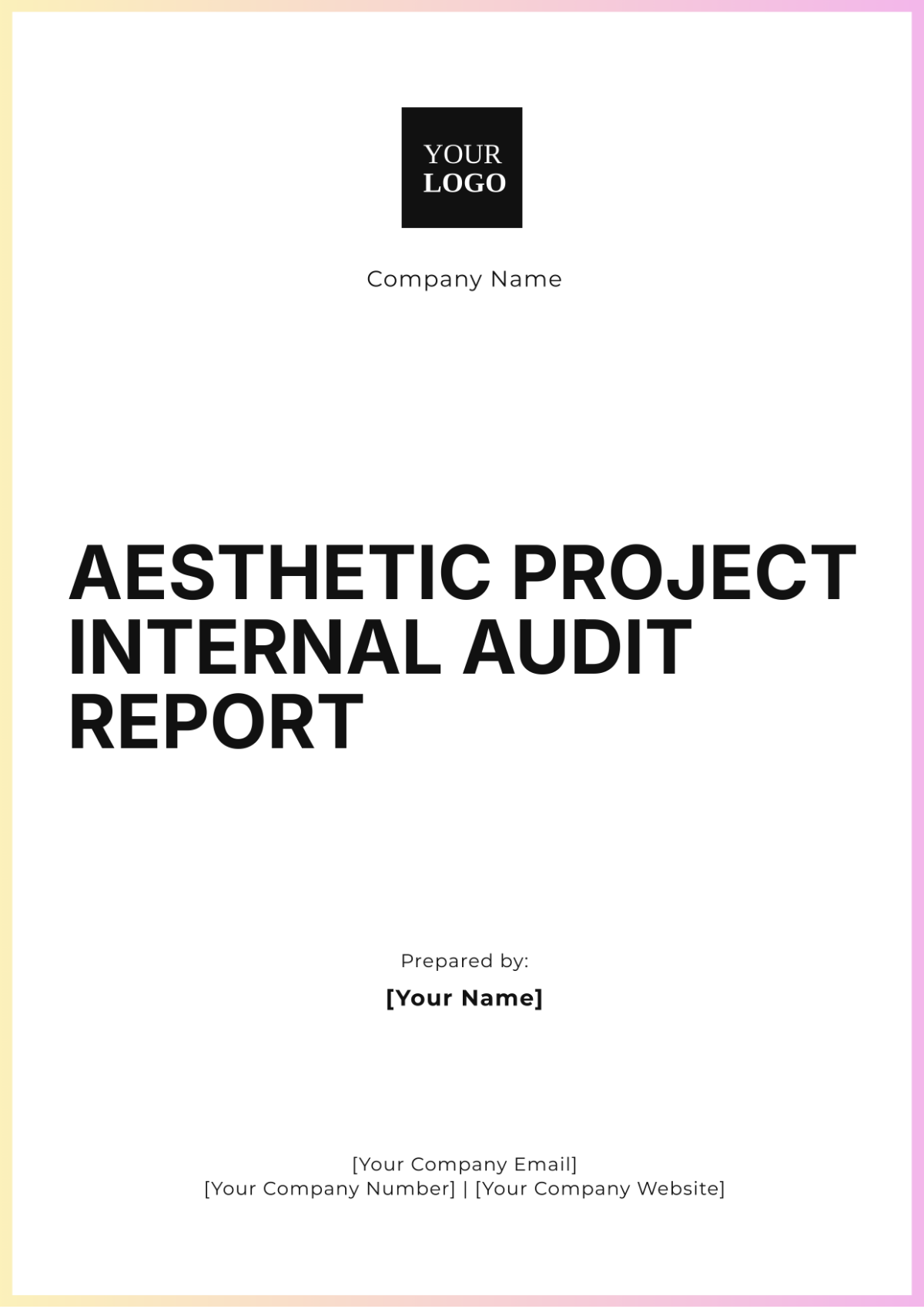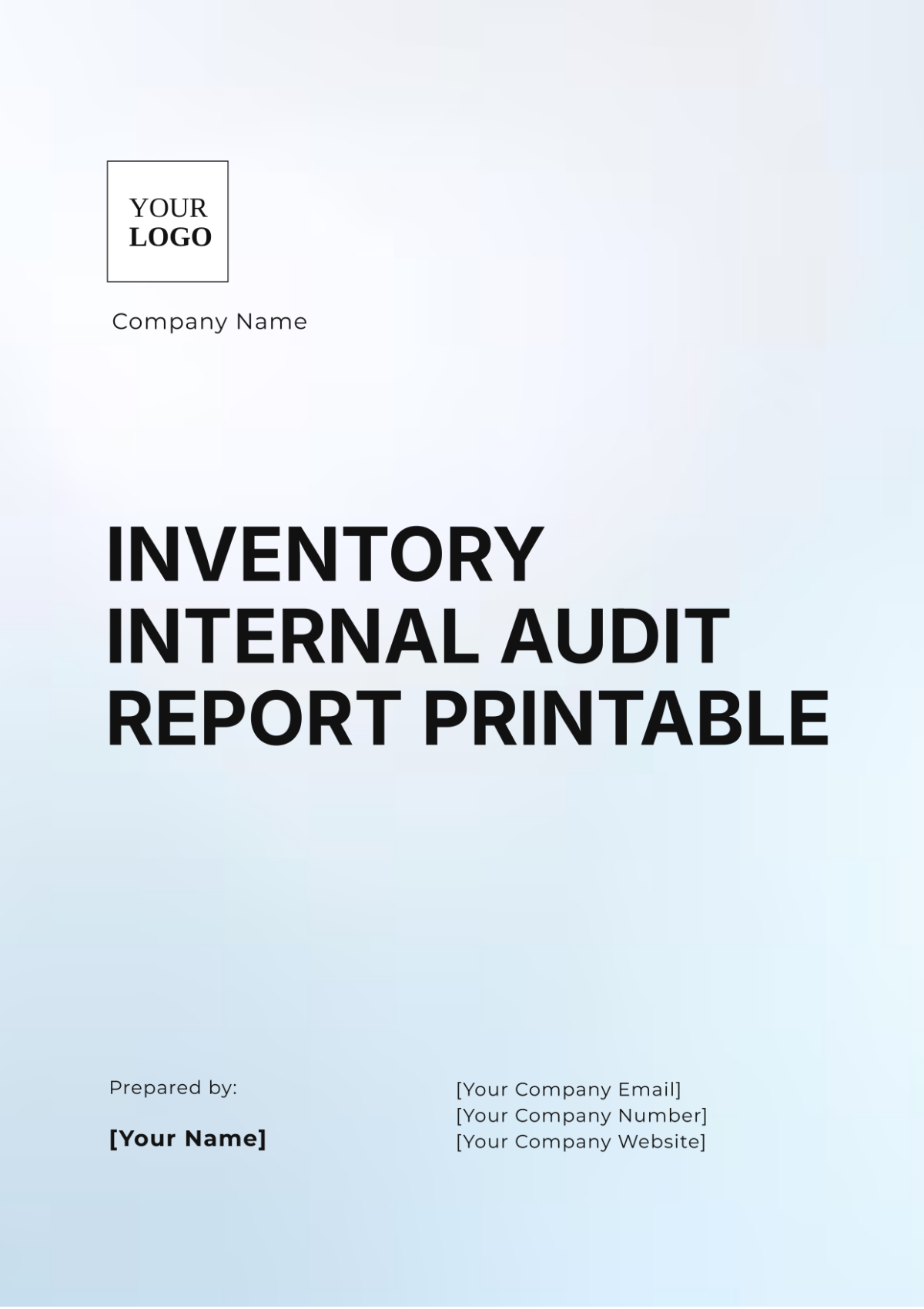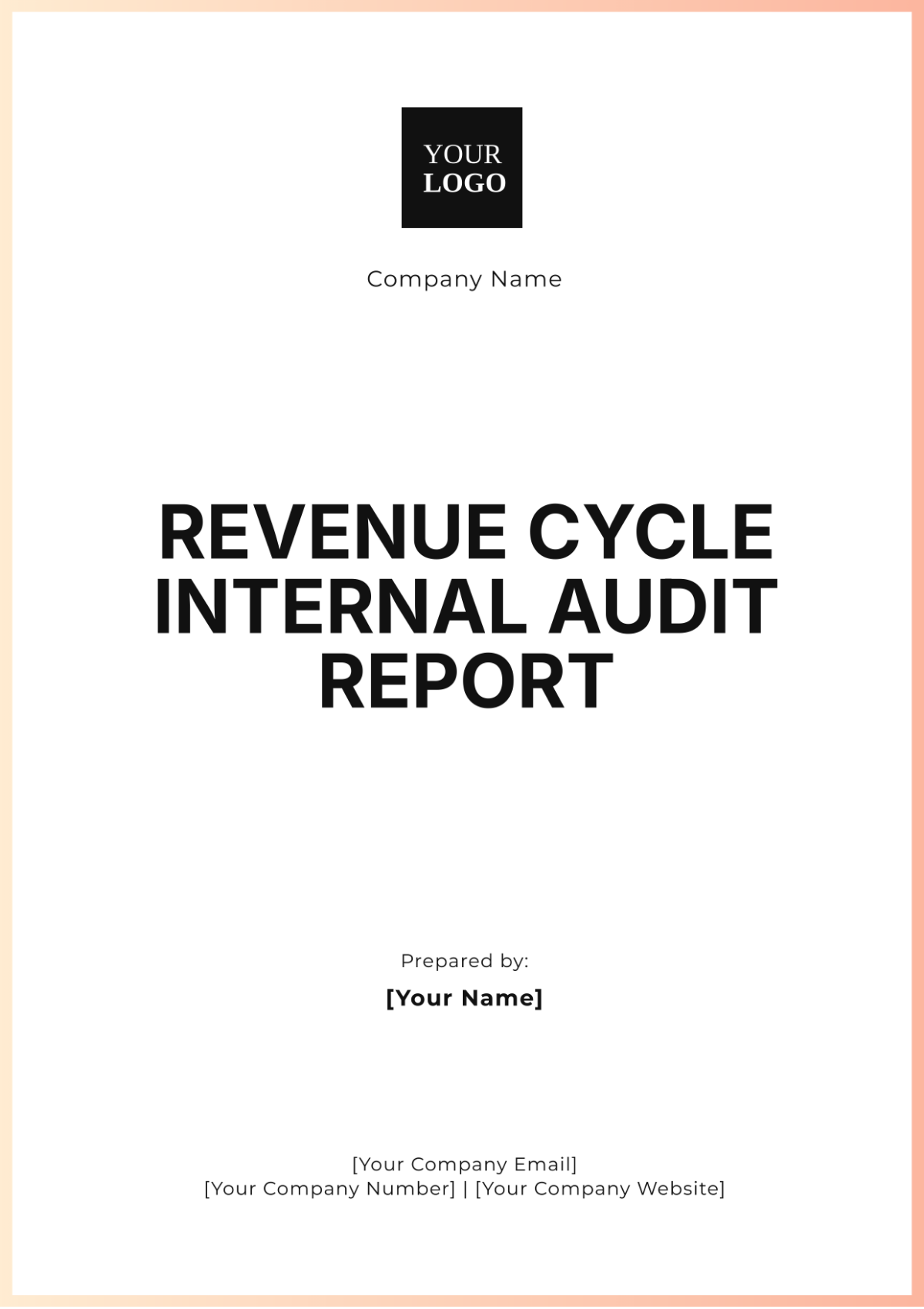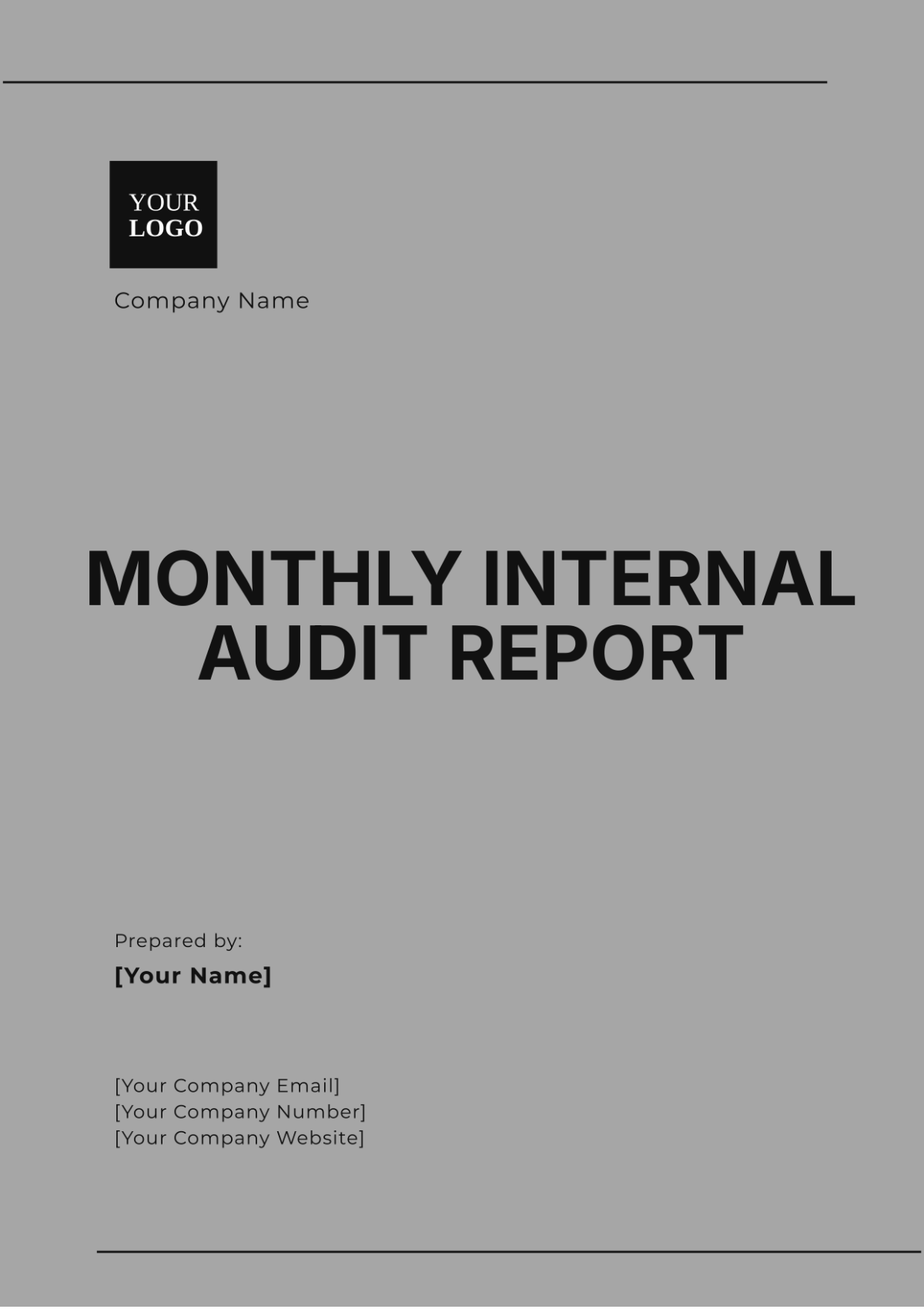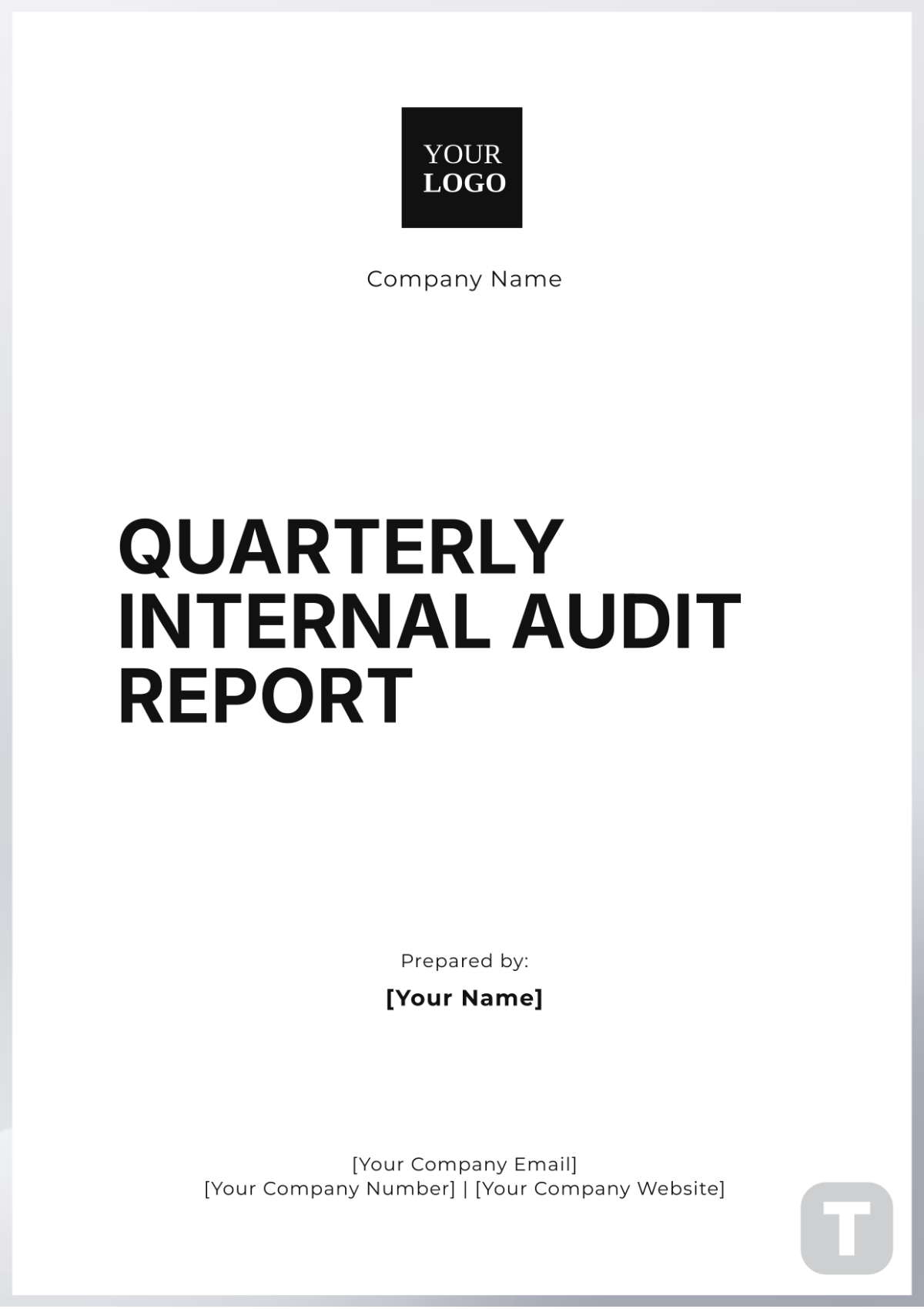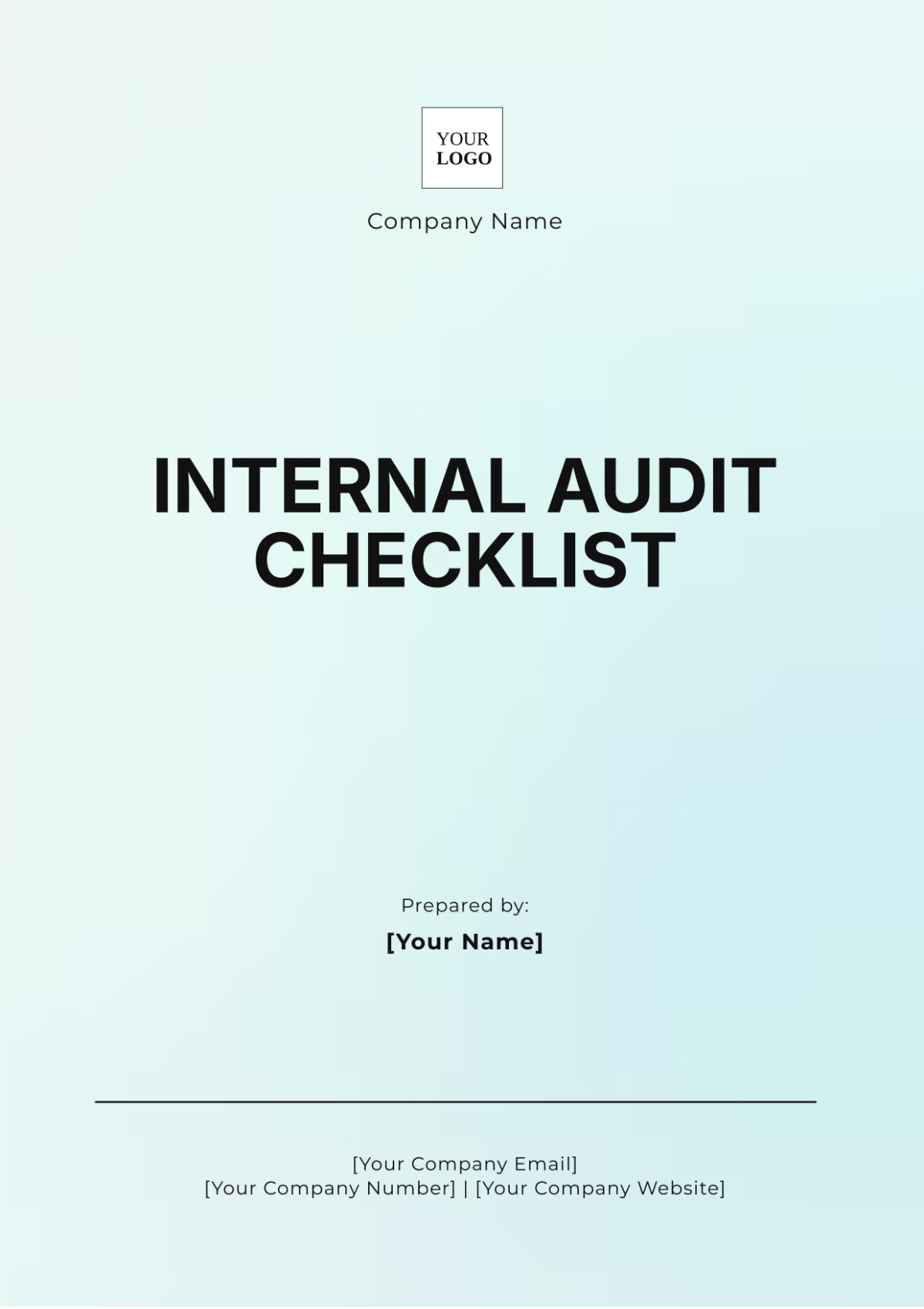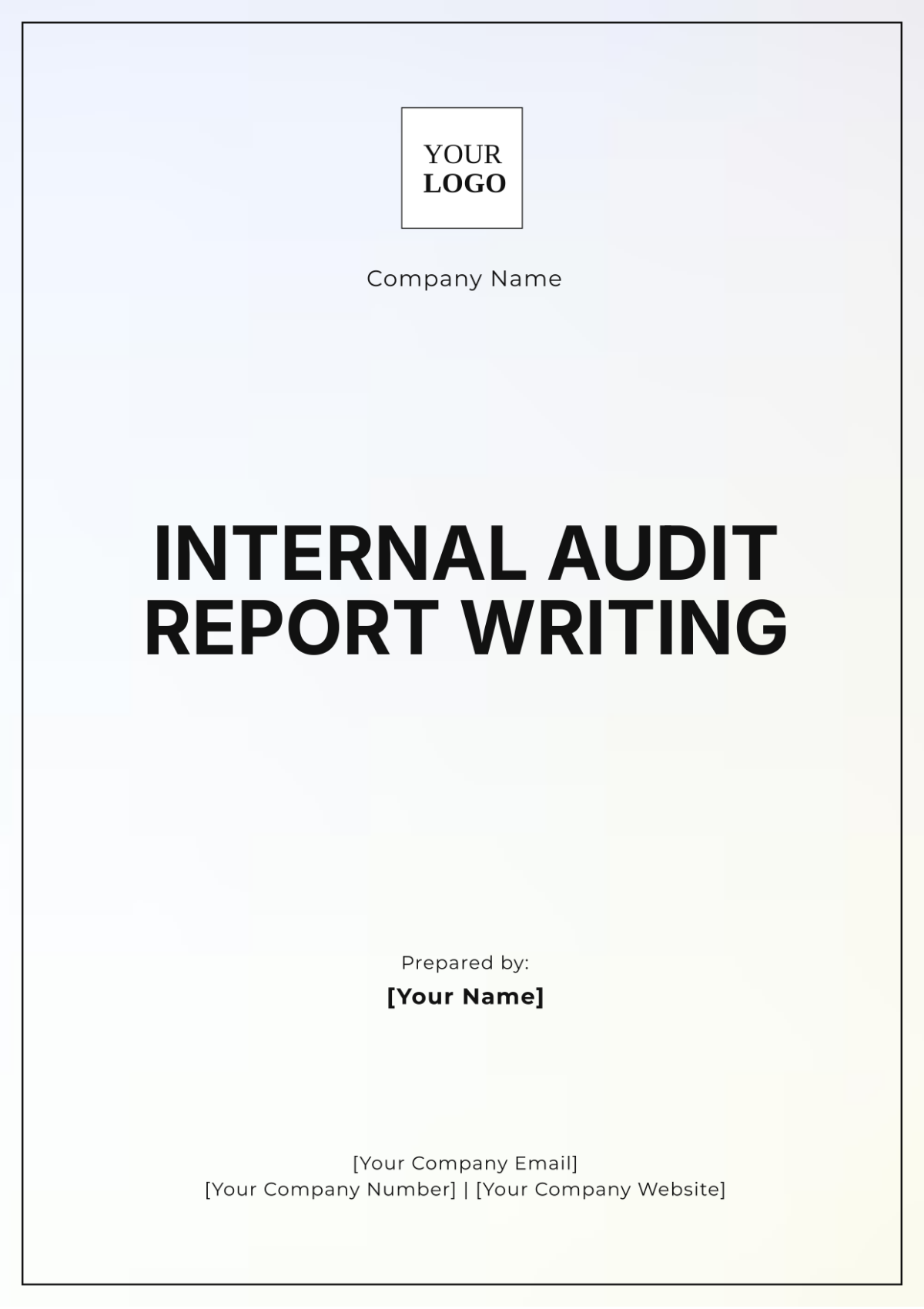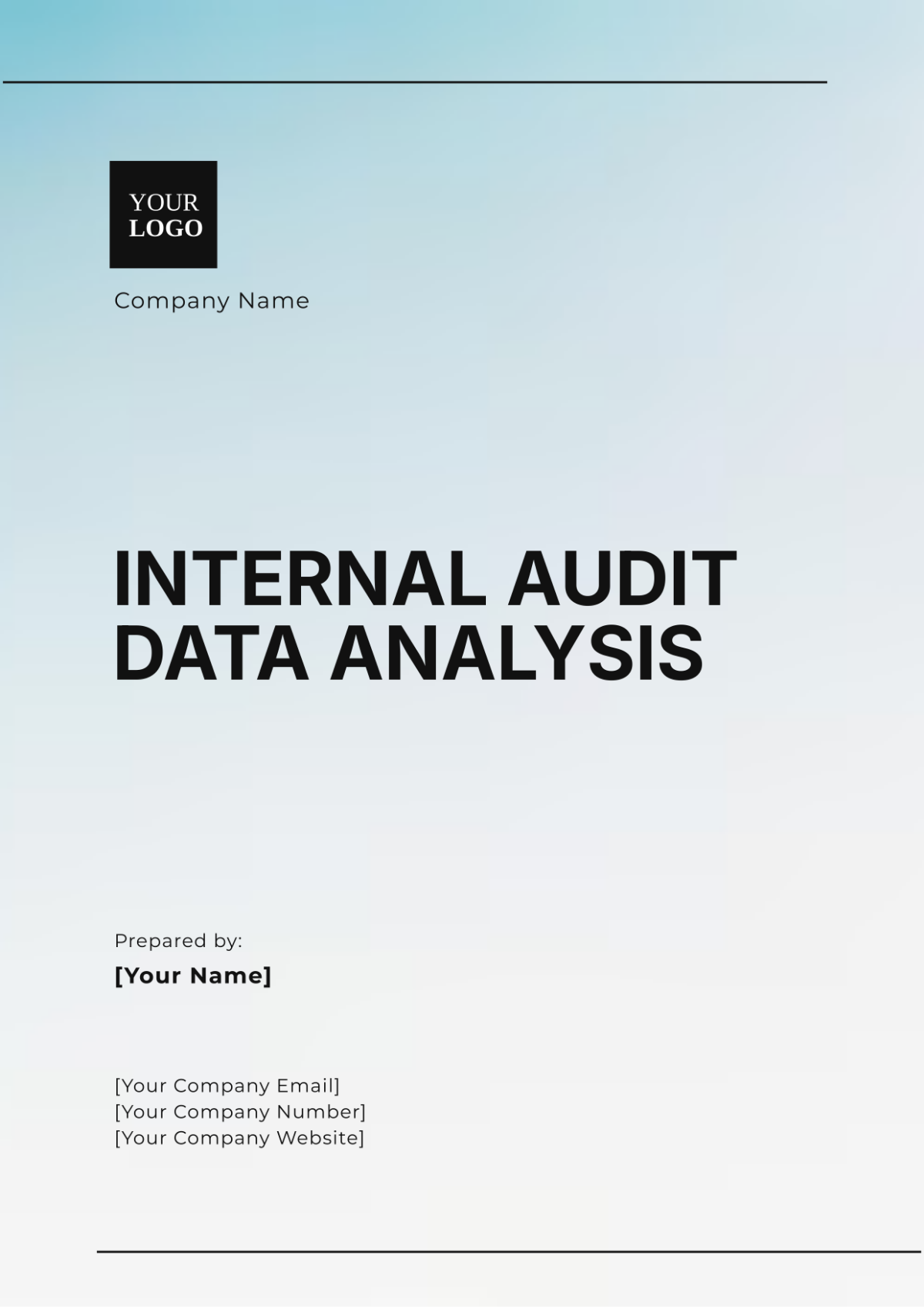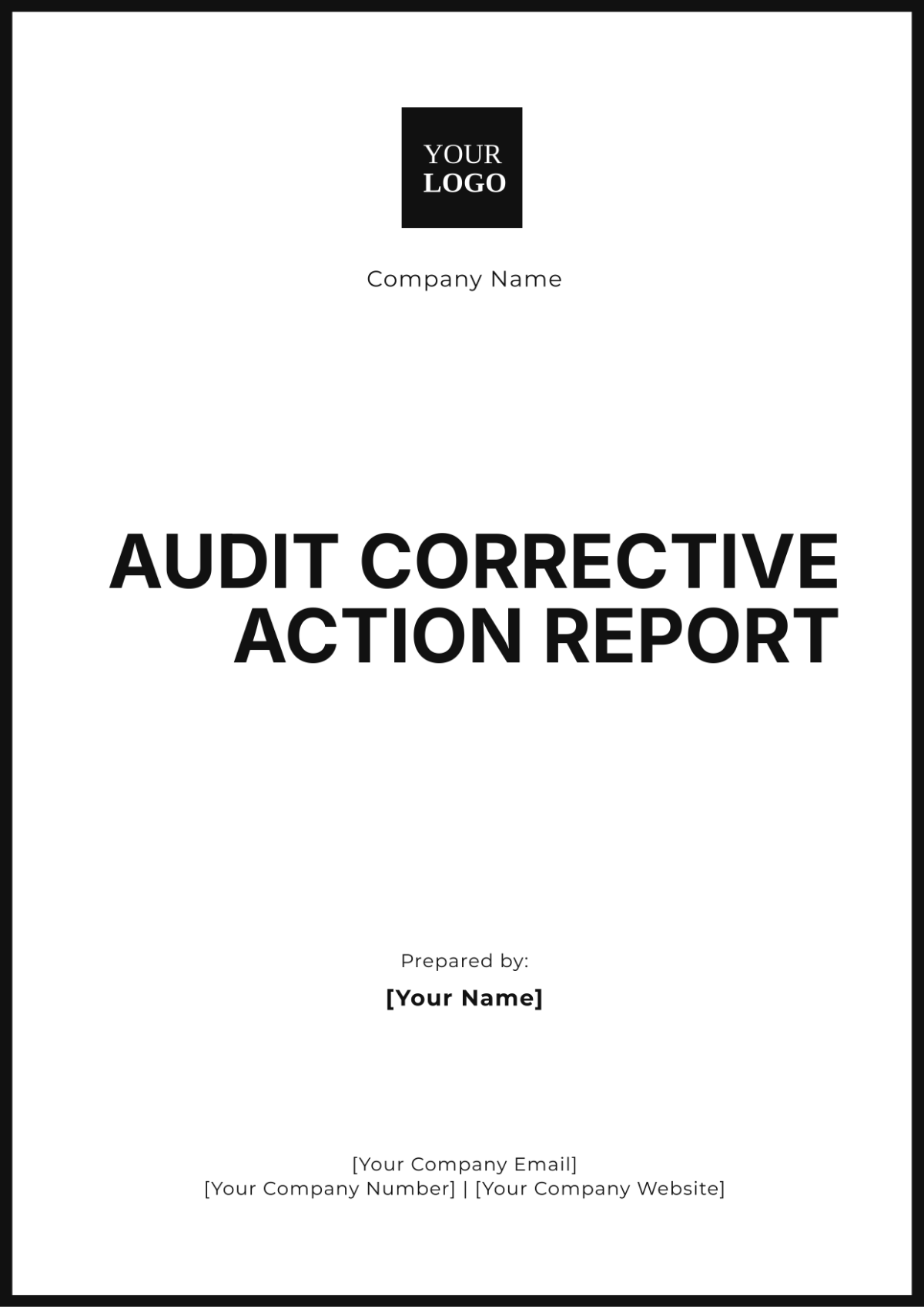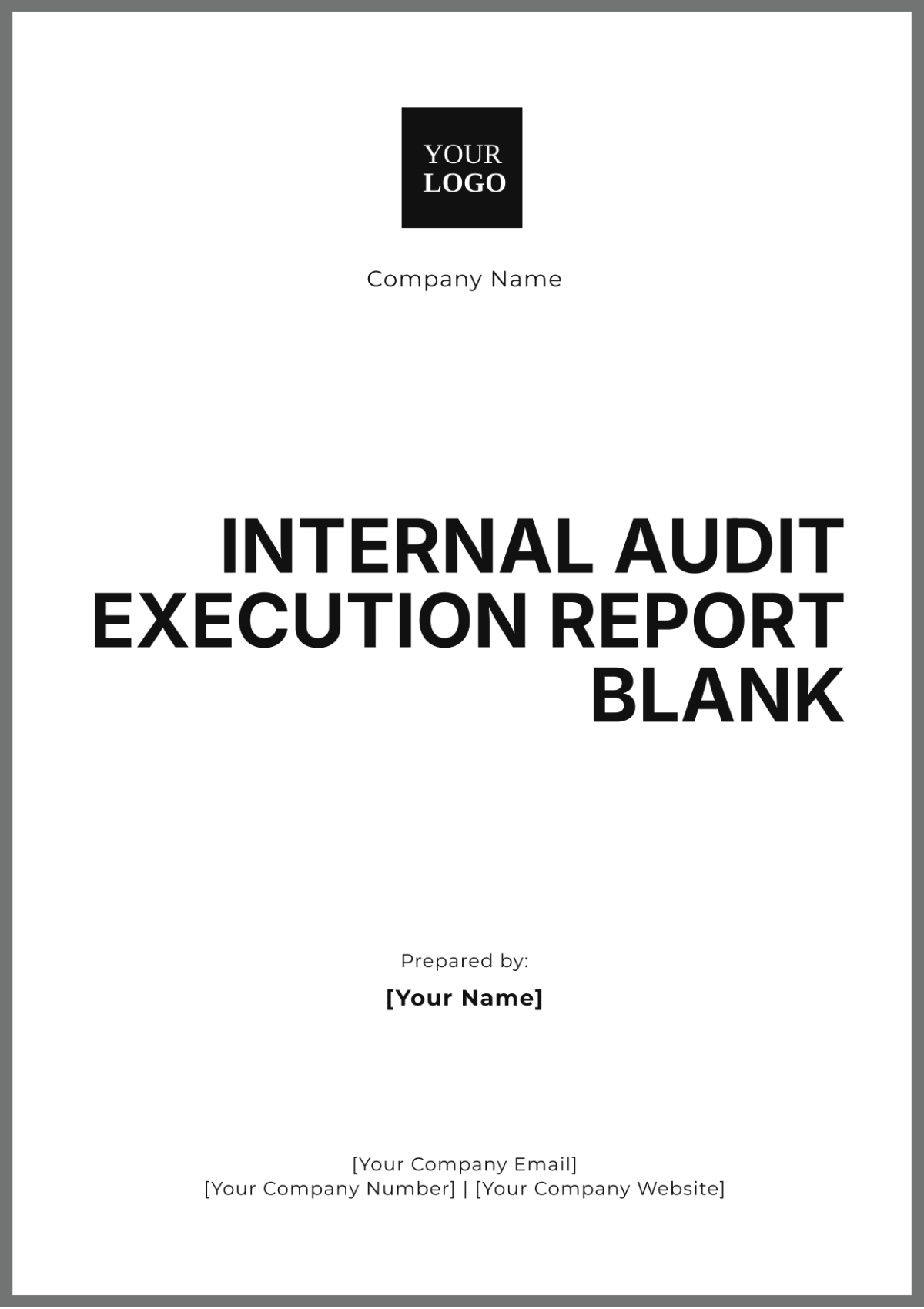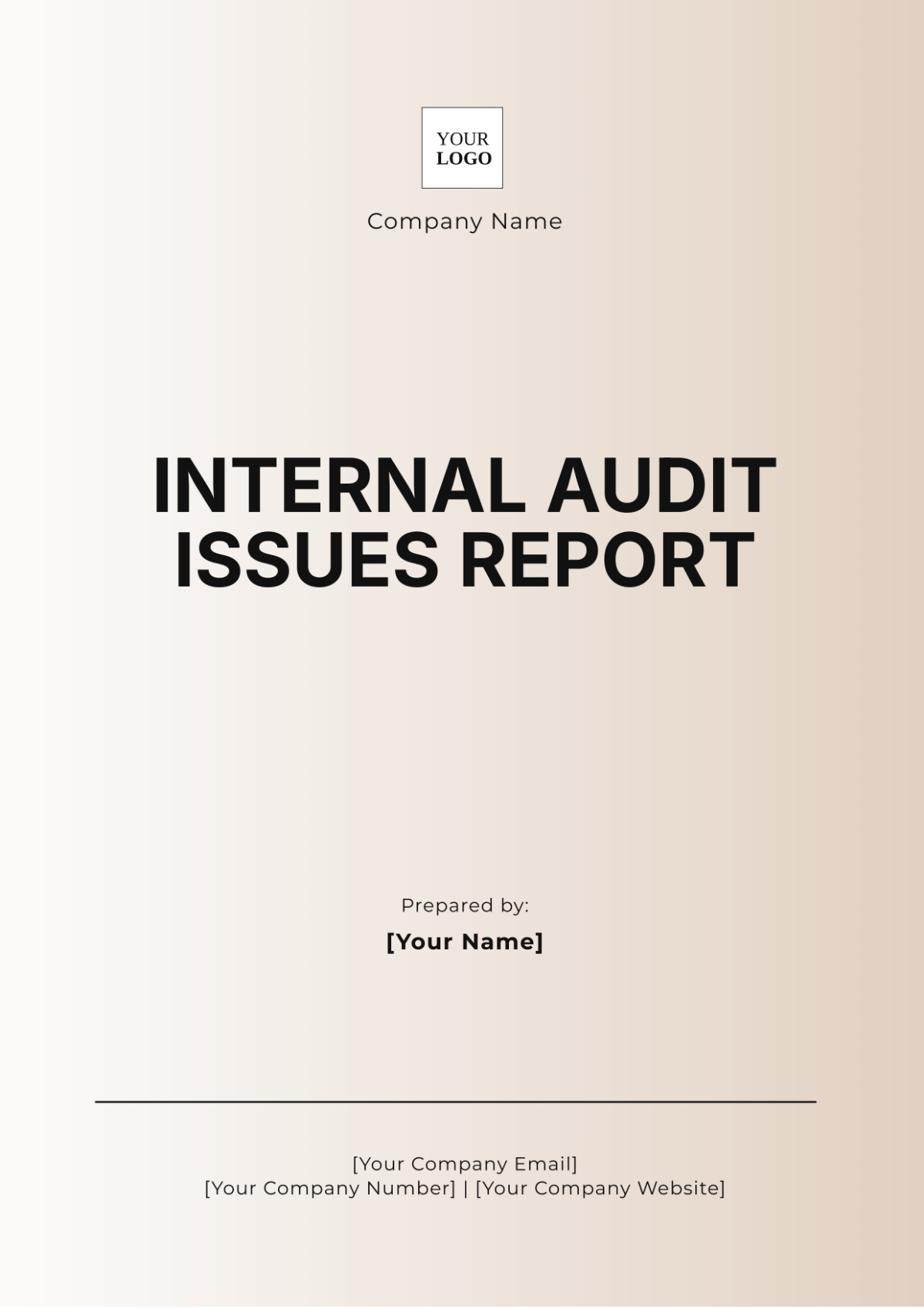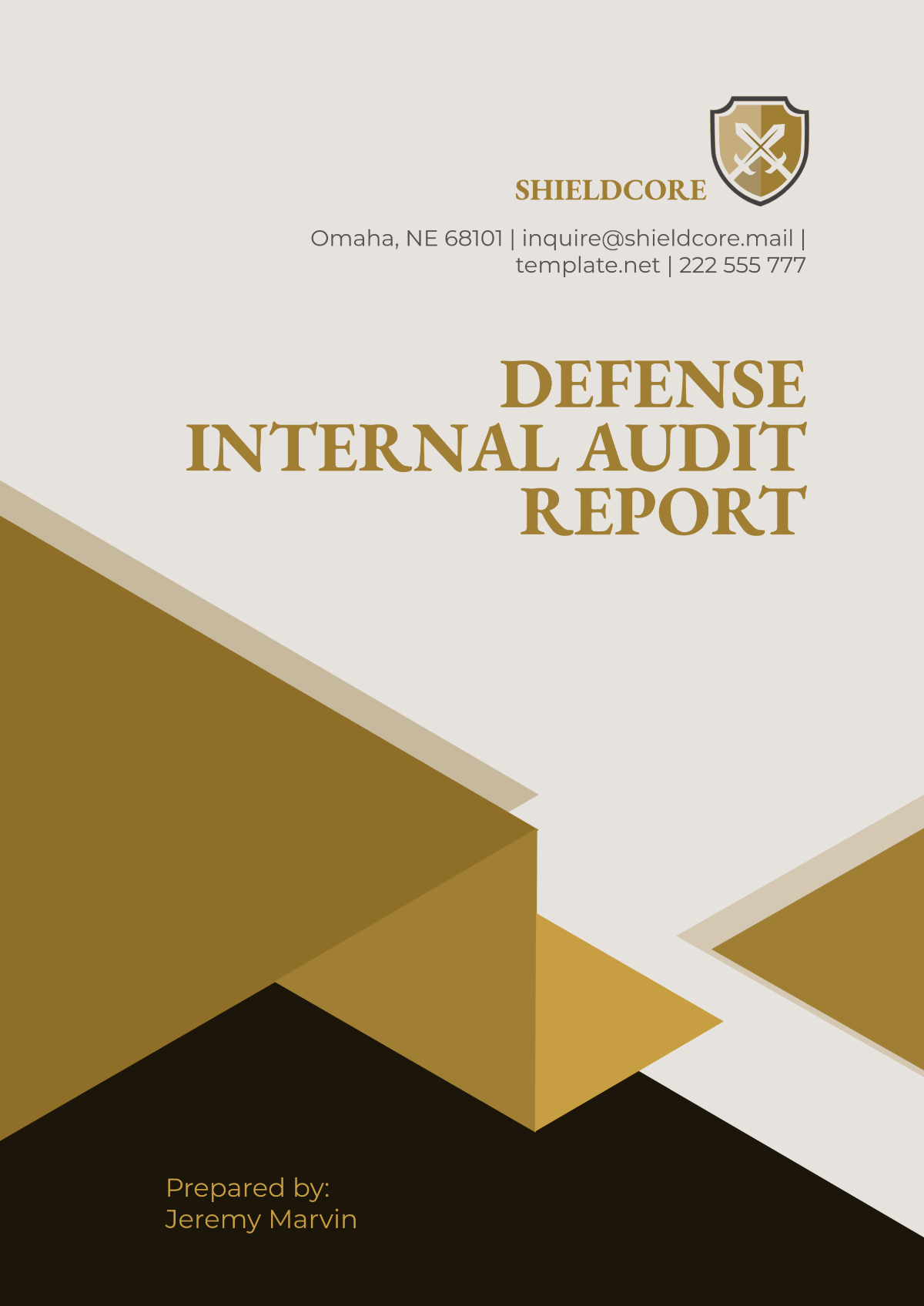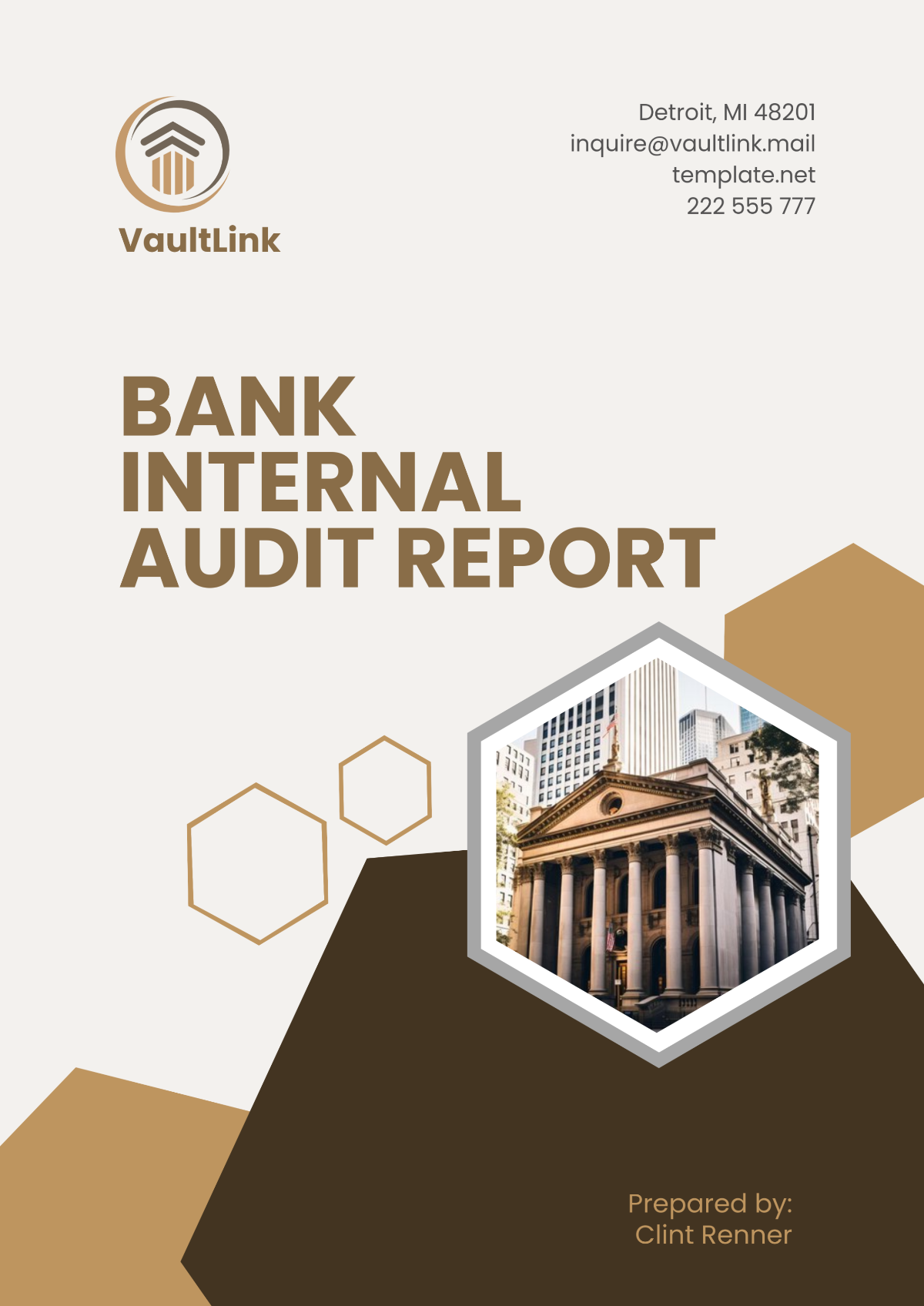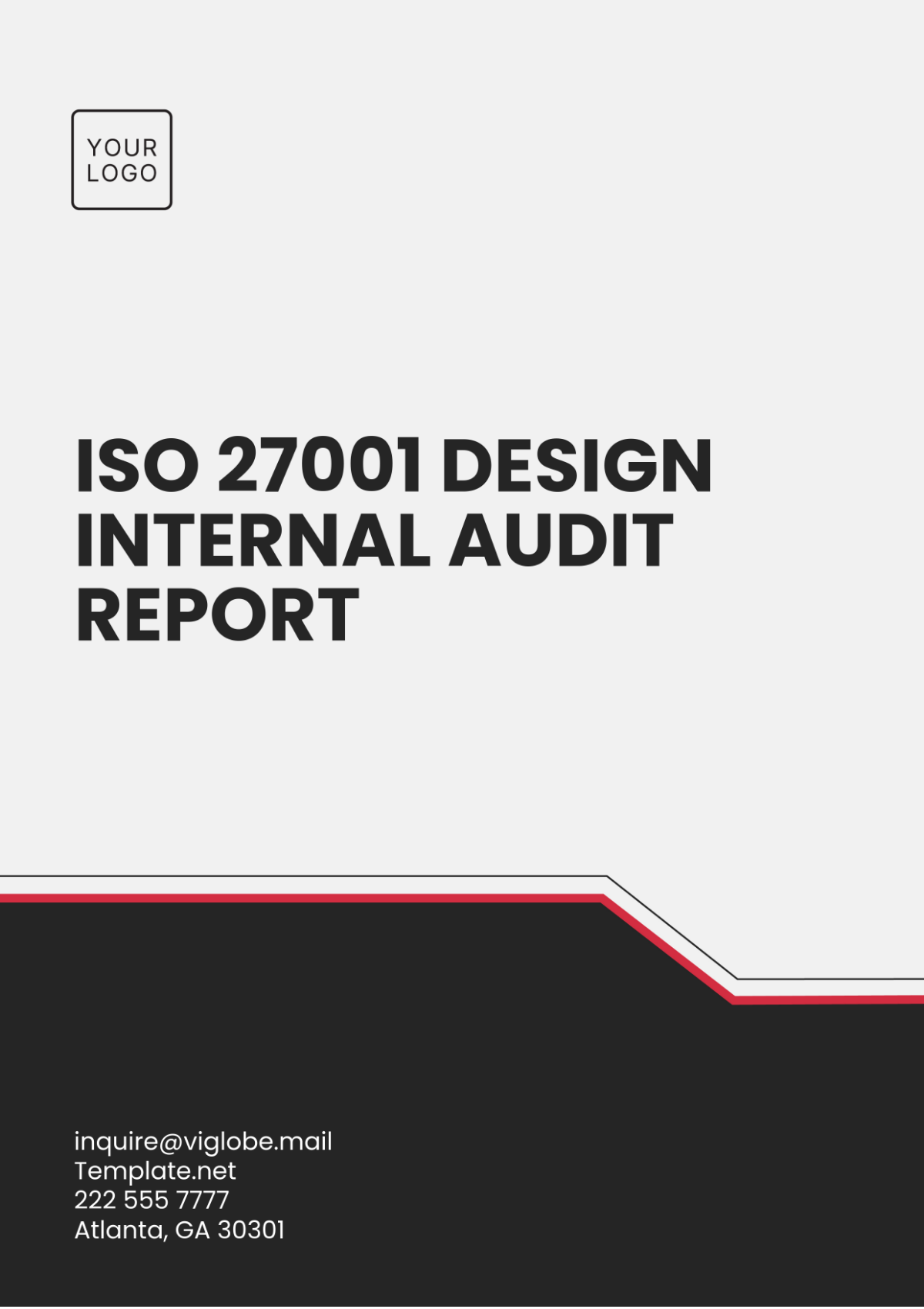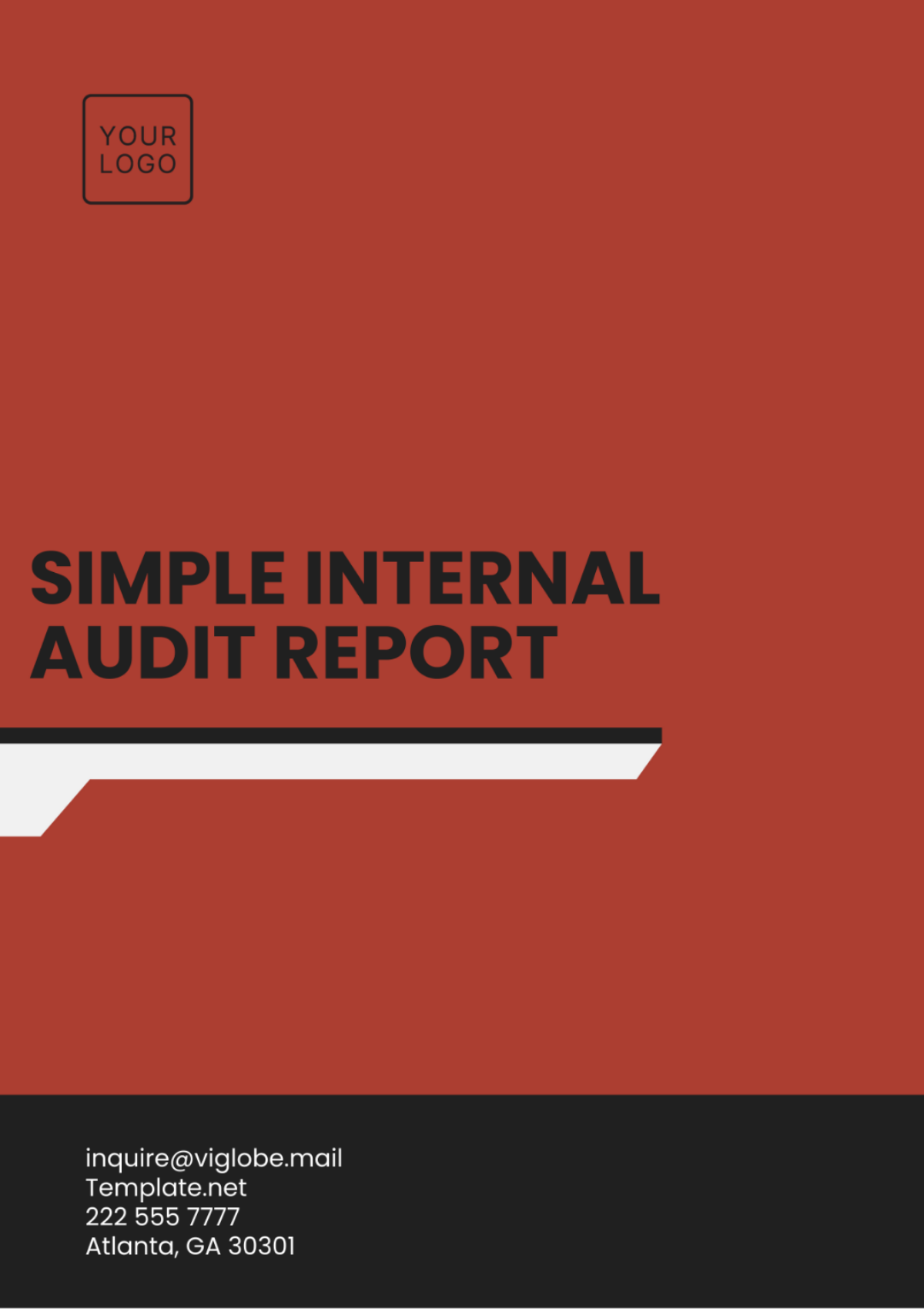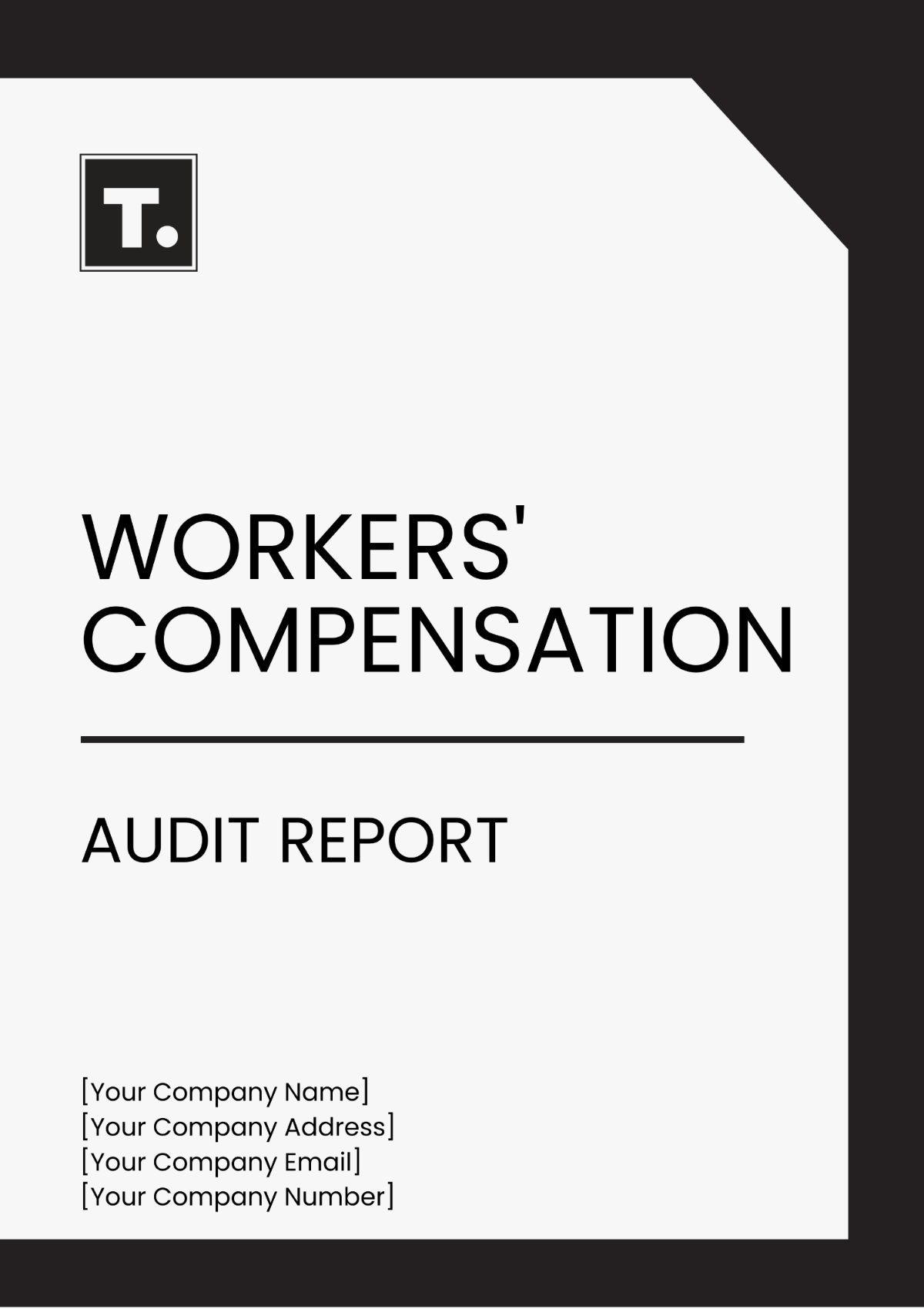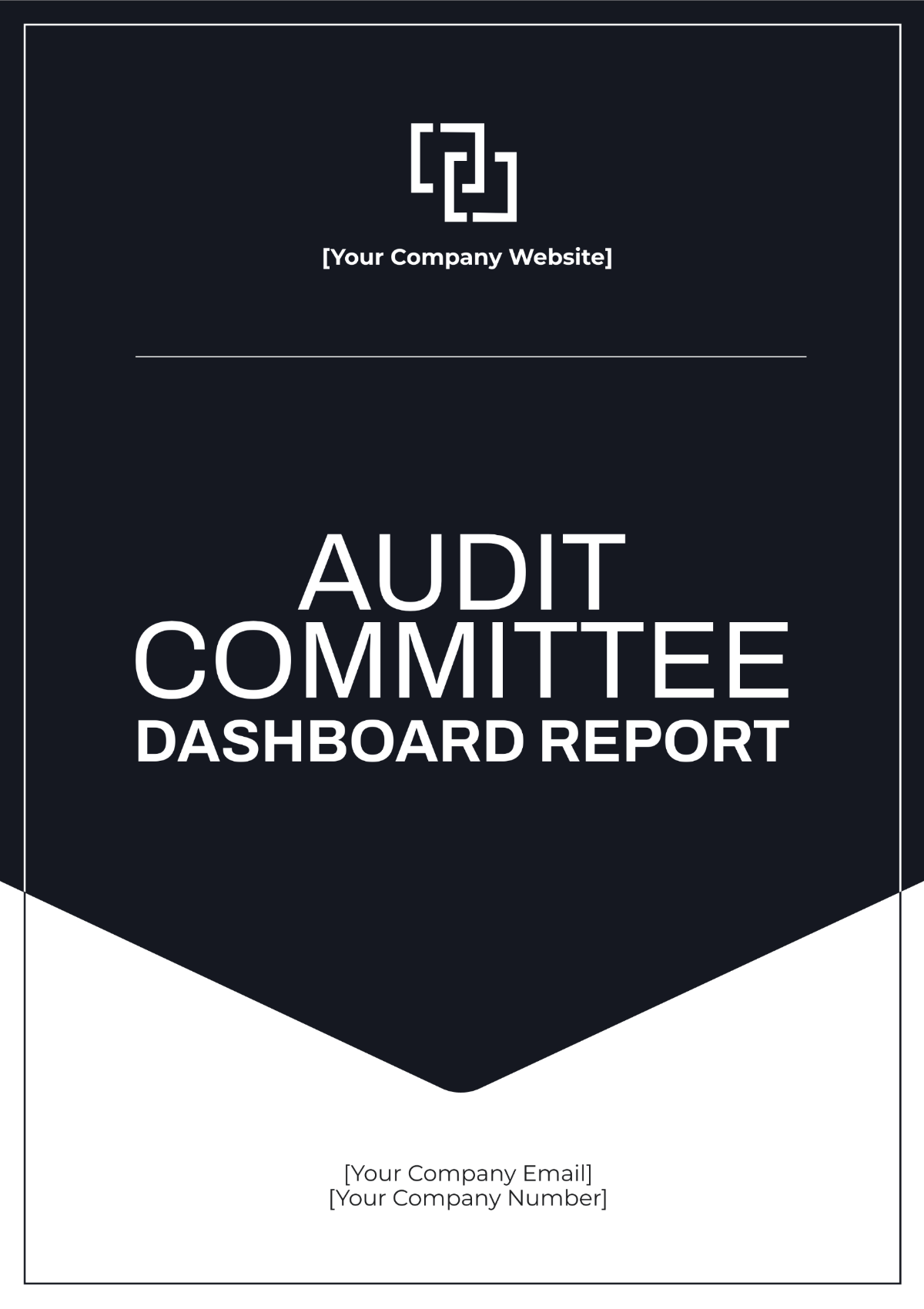Simple Internal Audit Report
Audit Report Reference: IA-2060-001
Date of Report: January 15, 2060
Audit Period: October 1, 2059 - December 31, 2059
Department Audited: Finance and Accounting
Prepared by: [Your Name], Senior Internal Auditor
Reviewed by: John Adams, Chief Audit Officer
1. Executive Summary
The internal audit of the Finance and Accounting department was conducted from October 1, 2059, to December 31, 2059, focusing on the department's compliance with company financial policies, internal controls, and regulatory requirements. The overall assessment indicates satisfactory performance, with minor areas of improvement identified related to expense management and adherence to the approval processes. These areas have been addressed in the Action Plan below.
2. Objectives of the Audit
The primary objectives of this audit were to:
Evaluate the effectiveness of internal controls within the Finance and Accounting department.
Ensure compliance with BGC Corp's internal financial policies.
Assess the accuracy and completeness of financial reporting.
Verify adherence to external regulatory requirements, including tax and statutory obligations.
3. Scope of the Audit
The audit covered all major financial transactions and internal controls between October 1, 2059, and December 31, 2059, including:
Expense approvals and processing.
Revenue recognition and accounting practices.
Payroll management.
Asset management and depreciation schedules.
Compliance with 2060 Taxation and Financial Reporting Regulations.
4. Methodology
The following audit procedures were carried out:
Document Review: Financial records, transaction logs, and approval forms were reviewed for accuracy and compliance.
Interviews: Key personnel from the Finance and Accounting departments were interviewed to assess their understanding and application of internal controls.
Sampling: A sample of 100 transactions from the audit period was selected randomly to ensure adequate representation.
Data Analytics: Automated tools were used to identify anomalies in expense reporting and revenue recognition.
5. Key Findings
The audit revealed the following key findings:
Expense Management:
Minor deviations were noted in the expense approval process, where 5 out of 100 sampled transactions did not have proper sign-off from designated approvers. These were small, non-critical expenses but required follow-up for compliance with policy IA-EXP-2059.Payroll Management:
Payroll records were found to be accurate and timely, with no significant discrepancies. However, three cases of late tax filings were observed, which may result in penalties if not addressed.Asset Management:
The asset depreciation schedule was compliant with company policy. However, physical verification of certain assets (laptops and office equipment) revealed discrepancies in asset tracking due to incomplete records in the fixed asset register.
6. Recommendations
Based on the findings, the following recommendations are proposed:
Improve Expense Approval Workflow:
Implement an automated expense approval workflow to ensure that no transactions bypass proper sign-off. Training should be provided to all approvers to reinforce compliance with internal controls.Enhance Payroll Compliance:
Ensure that tax filings are completed on time to avoid penalties. It is recommended that a dedicated payroll compliance officer be appointed to monitor tax-related deadlines and filings.Strengthen Asset Tracking:
Update the fixed asset register to include detailed information about each asset’s location and status. Regular physical verification should be conducted, and an automated tracking system is recommended to improve accuracy.
7. Action Plan
Issue | Recommendation | Responsible Person | Target Date | Status |
|---|---|---|---|---|
Expense approval process gaps | Automate approval workflow | CFO | March 1, 2060 | In Progress |
Late tax filings | Appoint compliance officer for payroll | HR Director | February 15, 2060 | Pending |
Incomplete asset tracking | Update fixed asset register, introduce tracking | IT Manager | April 1, 2060 | In Progress |
8. Conclusion
The internal audit of the Finance and Accounting department for the period of October to December 2059 demonstrated an overall satisfactory level of compliance with company policies and regulatory standards. While minor issues were identified in the expense approval process and asset management, these have been addressed with clear action plans for improvement. The implementation of automated systems for expense approvals and asset tracking, as well as enhanced payroll compliance, will mitigate future risks.
Auditor's Signature:
 [Your Name]
[Your Name]
Senior Internal Auditor
January 15, 2060
